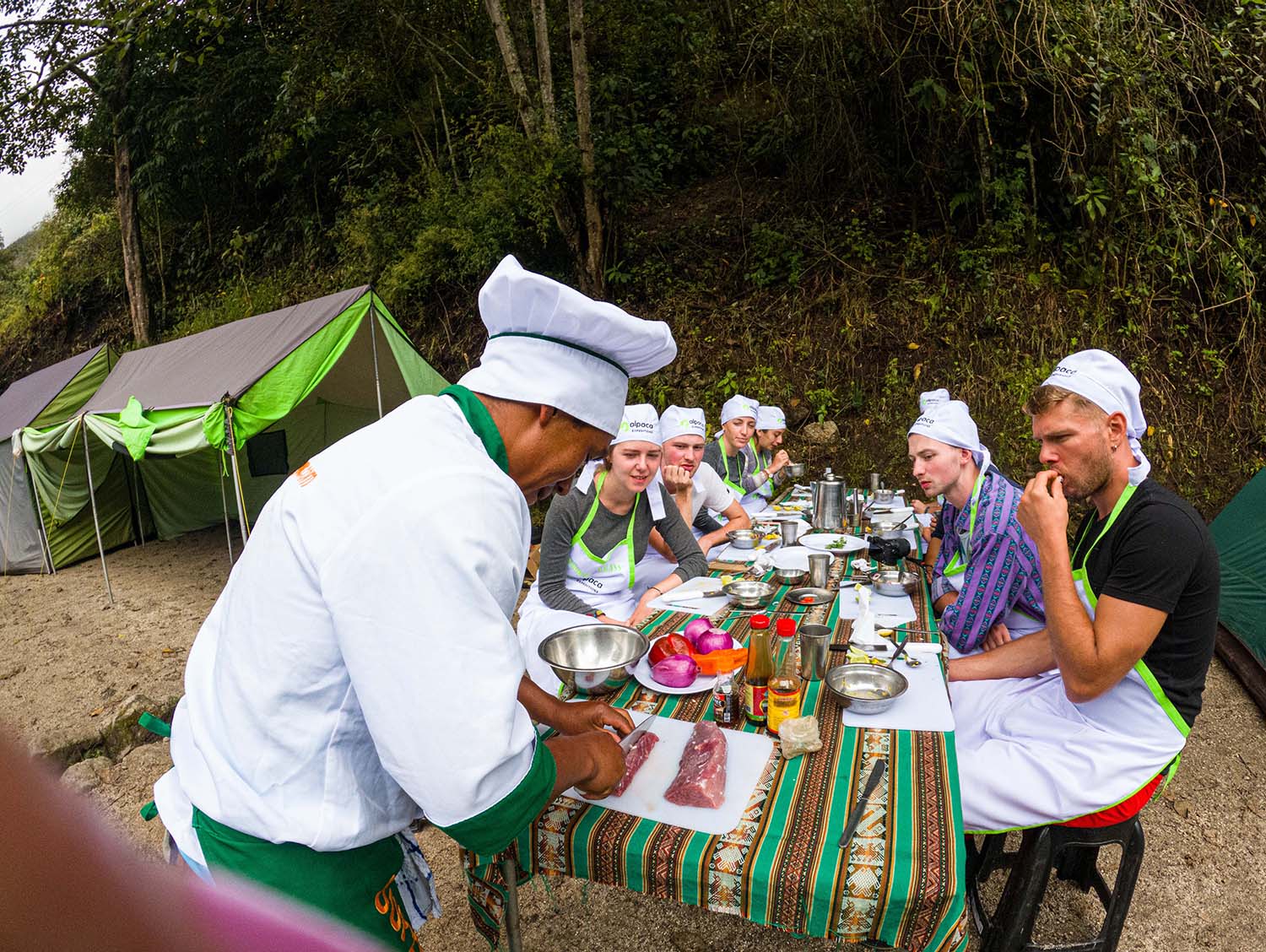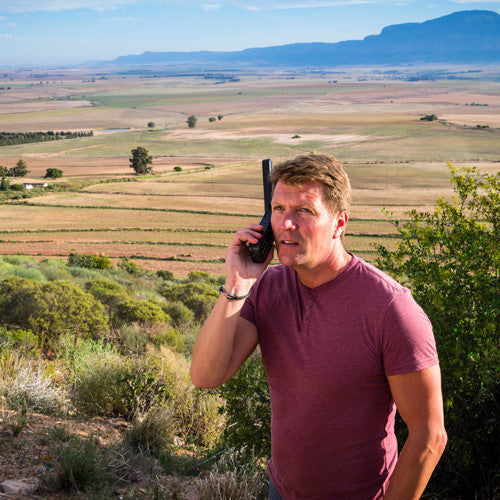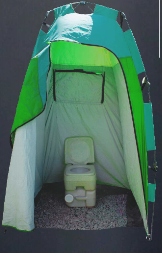Machu Picchu, the 7th Wonder
7 Days / 7 Nights
Lima, Cusco, Sacred Valley & Machu Picchu
Tour Location: Machu Picchu, our 7th Wonder is the final destination but discover the history of Peru through the journey
Tour Type: A relaxing visit to the highlights of Peru and the Inca Empire.
Good For: Those who want to discover the history or the Incas.
Difficulty: No hiking, but lots of walking around the sites.
Places Visited: Miraflores (Lima), Cusco City, Pisaq, Ollantaytambo, Moray/Moray and Machu Picchu
Machu Picchu, the 7th Wonder 7 Days / 7 Nights
Trip Details
Itinerary
-
Night 1: Welcome to Peru
( Provide us your correct international flight details )
A representative will meet you at the airport and take you to your hotel.
Accommodations: Aloft Lima Miraflores ( 3-star hotel )
Meals Included: None
Entrance Tickets: N/A -
Day 1: Lima City Tour
You will enjoy breakfast at your hotel, followed by a free morning in the city. Between 2:00 p.m. to 2:15 p.m. we will begin your city tour in Lima, known as “The City of Kings”. This excursion offers a great combination of the attractions in Lima and its three historical periods: pre-hispanic, colonial and contemporary. Lima was part of the Inca Empire until it was founded by the Spaniard, Francisco Pizarro on January 18, 1535. During our guided tour we will travel along Lima’s millenary history
*This tour can be done at 9 a.m., if preferred. You will then have the afternoon free. Please let us know your preference.
Accommodations: Aloft Lima Miraflores ( 3-star hotel )
Meals Included: Breakfast
Entrance Tickets: Included -
Day 2: Journey to Cusco
Depending on your flight schedule we will transfer you to the airport in Lima for your flight to Cusco. We will be waiting for you at the airport in Cusco, to bring you to your hotel. You will have a free afternoon to explore Cusco.
( Provide us your flight schedule )
Accommodations: Rumi Punku ( 3-star hotel )
Meals Included: Breakfast
Entrance Tickets: N/A -
Day 3: Cusco Walking Tour & Surrounding Area Inca Ruins
We will pick you up at 8 a.m. from your hotel lobby to explore the famous Qosqo City (the capital city of the Incas). You will begin with San Blas, the oldest neighborhood of Cusco. Following, you will continue on visiting the 12 angle stone of the Cusco Cathedral, the Temple of the Sun or Qoricancha. You will have the chance to visit the famous market, El Mercado San Pedro of Cusco, walk by San Francisco square and Plaza de Armas, before lunch. We will meet our driver after lunch, who will take us to the city limits of Cusco. There, we will explore the famous Inca sites (Sacsayhuaman – Amazing demonstration of Inca architecture, Quenqo – Temple of Mother earth, Puca Pucara – watch tower, used for the military, and Tambomachay – the water temple of the Incas) Finally, the tour will end around 5 or 6 p.m., when you will be brought back to your hotel.
Accommodations: Rumi Punku ( 3-star hotel )
Meals Included: Breakfast
Entrance Tickets: Included -
Day 4: Sacred Valley & train Journey to Aguas Calientes
We will pick you up from your hotel at 8 a.m. for an all-day tour. During your drive to the Sacred Valley, you will visit Awanacancha (an alpaca farm and weaving center), Pisaq Ruins, Pisaq Market and Ollantaytambo. At 16:36 p.m. you will catch the train from Ollantaytambo to Aguas Calientes, the town located right at the foot of Machu Picchu. You will stay in a hotel here.
Important Note: Sometimes train tickets sell out quickly and we must take an alternative train, the Vistadome train at 3:36 p.m. If this is the case, we will have to begin this tour instead, at 7 a.m. from your hotel.Accommodations: La Cabaña or Taipicala Hotel ( 3-star hotel )
Meals Included: Breakfast
Entrance Tickets: Included -
Day 5: Machu Picchu
The usual departure is at 5:20 a.m., following breakfast. You will have the option to leave at a later time. The bus you will ride to Machu Picchu takes 25 minutes and is first come, first serve. If the weather allows, it will be possible to see the sunrise over the ruins. Your tour guide will accompany you for two hours, explaining the Incan culture, history, and the specialty of their architecture. After the tour, you will have time to explore on your own or use your tickets to climb Huayna Picchu Mountain (Huayna Picchu climb requires a $75 ticket and needs to be booked in advance) to have a better idea of what mountain to climb open this link When you are ready to leave the Machu Picchu complex, you will take a bus back down to Aguas Calientes to enjoy lunch and explore the village. Your train will depart Aguas Calientes 2:55pm or 3:20pm. You will have a free evening to enjoy Ollantaytambo, a small traditional town.
Accommodations: Hotel Pakaritampu (3-star hotel )
Meals Included: Breakfast
Entrance Tickets: Included -
Day 6: Maras & Moray
We will pick you up at 8 a.m. from your hotel and take you to visit the Salineras of Maras, a huge salt mine which was used in the pre-colonial times. You will be able to see more than 3,000 evaporation chambers and salt pools, which they still use to process salt. Once you are done with Maras, you will visit Moray Inca ruins and the Inca Laboratory. This is where the different micro-climates of the region were researched. They also developed many strains of produce there. Later on, you will visit Chincheros and see a textile center. You will be shown alpaca and llama wool, handmade textiles and a demonstration on how they weave them. This town also offers some Inca ruins that were used to farm potatoes. You will end the tour with a visit to a Catholic church, which was built on top of the Palace of the Incas. Following, you will be driven back to Cusco and transferred to your hotel.
Accommodations: Rumi Punku ( 3-star hotel )
Meals Included: Breakfast
Entrance Tickets: N/A -
Day 7: Departure
We will transfer you back to the airport for your flight to Lima. ( let us know your flight details in advance to schedule to transfer you to the airport )
Meals Included: Breakfast
END OF TOUR
*All hotels are based on availability. No changes will be made without your approval. Four and five star hotels are available – inquire within for rates.
Inclusions
-
Included
- Professional Guides: All of our guides studied English and tourism at Cusco National University. They all grew up in this region and have a true passion to teach others about their heritage. They are fun yet professional, and will ensure you are safe and happy.
- Hotels: This tour includes each of the hotels listed in Lima, Cusco and Aguas Calientes. Extra nights can easily be added before and after your tour, if needed. Let our team know if you are interested in an extension and we will give you a quote. Rooms are based on double occupancy. There is a surcharge for a single room. Upgraded hotels are always possible. In comparison, we can also book your tour without any hotels, if you prefer to book them on your own.
- Transportation: All your transportation is included on this tour. We will pick you up from your hotel on the first morning and ensure you are escorted until you are dropped off at your hotel the final evening.
-
Not Included
- Huayna Picchu: Huayna Picchu is the mountain that stands next to Machu Picchu. It is a 45 minute hike to the top. Going back down is quite steep, if you are scared of heights. This is done after your tour of Machu Picchu. The cost is $75. Arrangements need to be made at least one month in advance, due to popularity. Please understand that weather is out of our control.
- Flights: Flying to Cusco can be tricky. Delays occur often and it is not uncommon for flights to be cancelled. Please be sure to arrive in the city at least two days before your trek start date. LAN Peru is the most reliable of the airlines. Avianca and Peruvian Airlines are acceptable companies, as well. You will not return from your trek until around 8 p.m. on the last day, so be sure your flight is not until the next day, when leaving Cusco.
- Gratuities: Tipping is always appreciated and should be based completely on your satisfaction. Although it may not be customary to you, it is of considerable significance to the people who will take care of you during your travels.
- Travel Insurance: This is not required, but always recommended. For those of you who live at sea-level, landing in Cusco will take an adjustment period. Most people need one or two days to adjust. In case you have a hard time adjusting to the altitude, it is suggested to have protection for missed tours
Price
-
With 3 Star Hotels: $1,320 per person/double occupancy
* Single Supplement= +$360 ppWith Upgraded Hotels (4 Star): $1920 per person/double occupancy
* Single Supplement= +$1150 pp -
Options:
Book Without Hotels: – $360 per person
-
Discount:
$25 discount for all children under 16-years-old, or those with a valid STUDENT CARD.
-
Additional Notes:
- The hotels listed in itineraries are always our first options when booking, but a similar hotel will be booked if they are unavailable. Your Alpaca Expeditions Representative will give you the name of the confirmed hotel after booking.
- An additional day can be added before and/or after your tour. Ask your Alpaca specialist for prices and options.
- Groups of 6 or more following the same exact itineraries qualify for a discount.
Travel Info
-
Altitude
As soon as people book their trip to Peru, specifically Cusco, they start wondering about altitude sickness. The air at high altitudes contains less oxygen than at sea level and forces your body to work harder to get the oxygen it needs. Over several days at high altitude, your body adjusts to the lower amount of oxygen in the air. This is why we always recommend spending at least two days in Cusco before beginning any trek. If you have more time, even better. Cusco is an amazing city with a lot to do, so you won’t be bored.
With altitude sickness, you may first feel like you have the flu or a hangover. You may have a headache, tiredness, loss of appetite, nausea or vomiting, dizziness, trouble sleeping, trouble breathing during exercise. If any of these effects become severe, please contact our office and we will help you get to a doctor.
Most of the time, these symptoms will be mild. We always recommend easing into activity slowly, allowing your body to adjust. Drink plenty of fluids such as water or coca tea. Coca tea has been used since ancient times to help prevent altitude sickness. Leaves from the Coca Plant contain alkaloids which helps bring oxygen into your blood, helping your body avoid the effects of altitude sickness. Avoid drinking a lot of alcohol and coffee. They will cause you to urinate more often and become dehydrated. Avoid smoking. Smoking makes it more difficult for your body to get oxygen. Avoid sleeping pills. They may cause shallow breathing at night, making it more difficult for your body to absorb oxygen while you sleep.
Remember the trek to Machu Picchu is not a race. Even those in the best shape will suffer from altitude sickness when they race to the top of the mountain too quickly. Go slowly, it will give your body time to adjust to the mountain.
Your healthcare provider may prescribe medicines, such as acetazolamide and dexamethasone, to help prevent altitude sickness. Start the medicine two days before you get to a high altitude. Continue to take it while you are at high altitude.
You must remember that this is your holiday and you do not want to stress out about the possibility of getting sick from the mountains. Do everything slowly. Drink lots of water. And enjoy the coca tea. If anything does happen and you unfortunately get sick, let your guide know right away – all Alpaca Expeditions guides are trained in how to help you get through it.
-
Weather
Of course weather is unpredictable. Typically the dry season in Cusco is from April through October, but this does not stop rain from falling in June or the sun from coming out in December – just be prepared. No matter what month you are doing the trek, please make sure that you have rain gear that includes a waterproof jacket, pants, poncho and waterproof gloves. Many people forget about gloves, but being cold and wet makes hiking very unpleasant.
Also prepare for four seasons. Many of the treks through the Andes involve many micro-climates and you will need to be prepared for all seasons. Layers are always key as they are easy to adjust to the different temperatures. And evenings will always be cold, so please be prepared with a warm, winter-weight jacket.
-
First Aid
Every Alpaca Expeditions guide has received training in first aid from a physician. We conduct mandatory training every February – every single Alpaca guide attends. When guiding you, they will have with them a first aid kit for basic medical problems (traveler’s diarrhea, cuts, scrapes, etc.) and oxygen. They know how to make you feel better.
In case something unexpected happens and you feel you can no longer complete the trek, they will figure out the safest and quickest way off the course and to a clinic. You will never be left alone; you will have a member of the team escort you every step of the way until safely with a doctor. When you are feeling up to it, we will make sure that you still have the chance to visit Machu Picchu and re-connect with your group, traveling by train comfortably.
-
Travel Insurance
Because there are so many logistics to plan and pay for before your trek occurs, payment for your trek is due even if you are unable to complete the hike. Please read our Booking Conditions carefully so you know what is due. Obtaining travel insurance before you leave home is strongly encouraged. This way, if something happens, and this is rare, you will not be out of pocket a tremendous amount of money. Alpaca will provide a letter and your invoice to submit to your insurance in this case to help expedite your processing.
-
Environmental Impact
Alpaca Expeditions uses biodegradable soap and transports all our garbage back to Cusco. Our porters are trained to look after the trail and pick up any waste from other groups, as well. We also use environmentally-friendly chemical portable toilets that allow us to pack waste out. We believe in leaving no footprint behind.
-
Community
Alpaca Expeditions is really proud of the work we do for our community. This is a main focus for our company. We have worked with villages directly to help supply them with needs their families were missing. We have supported local schools by giving them computers and books. We currently sponsor a teacher at the village most of our porters come from to ensure their children are offered the best education.
We buy all our food from local farmers and markets and serve the freshest ingredients. We provide English classes for all our team: guides, porters, chefs and drivers. And we are building a house for our porters to give them a safe and comfortable place to stay before and after our treks so they no longer need to sleep on the floor of a friend.
And twice every year we bring our porters and their families to Machu Picchu. This is our favorite trip to do as the guys who work tirelessly have never visited the Lost Citadel of the Incas. Showing them this place is our biggest honor.
We are always looking to do more for our partners. Please let us know of your ideas and we will work to help.
Additional Options
-
Huayna Picchu
Huayna Picchu is the mountain that stands next to Machu Picchu. It is a 45 minute hike to the top. While this hike is done on your own, your guide will direct you to where this hike begins. This is an additional entrance ticket that we can secure for you with advance notice.
The ticket is $75 per person.
-
Machu Picchu Mountain
Machu Picchu mountain is the other mountain that stands above the Machu Picchu ruins. It offers even more stunning views than Huayna Picchu, but takes an hour and a half to reach the top. This is an additional entrance ticket that we can secure for you.
This ticket is $35 per person.
-
Vistadome Train
All our tours include the Expeditions (Tourist) Train. This train is normally booked at 4:22 p.m., leaving Aguas Calientes. The Vistadome train is an upgraded train, that offers slightly larger seats, windows and even some entertainment. Normally, the Vistadome train is booked at 3:20 p.m. and travels to Poroy, a train station closer to Cusco. While this is an upgraded fee, we will still include your transportation back to your hotel.
This train is $75 per person or $120 round trip.
Machu Picchu, the 7th Wonder 7D/7N
Please fill in our BOOKING FORM carefully with your correct personal details.
The Alpaca Difference
Alpaca Expeditions is a 100% peruvian, indigenous owned company. Started by Raul Ccolque, a former porter and tour guide, Alpaca Expeditions separates ourselves by our dedication to both our customer and our team. We work very hard to make sure that all our clients needs are taken care of throughout the tour with us. At the same time, we never forget about our brothers and sisters working tirelessly for us to make all of this possible. Responsible and sustainable tourism that gives as much to our community as to our clients.
Meet the AE Trekking Team!
Everyone on the Alpaca Team is from Cusco region, living the traditions and history they share with you while on one of our tours. Our guides are all graduates of university studying tourism, history and english. Our chefs are trained every February by a professional cooking team learning new meals, adding varieties of entrees for all types of eating. And all our porters are from HUARQUI, HUACAHUASI, PATACANCHA, QUISWARANI, CANCHACANCHA, QUEYUPAY, UMACHURCO and CCACCACCOLLO villages, very often working this job on top of maining their farms back at home. Most of our team has been with us for years, as we have the most loyal, hard working, happy employees in Cusco. We know how lucky we are to have the best team trekking and you will immediately fall in love with all the men and women who call Alpaca Expeditions their home.
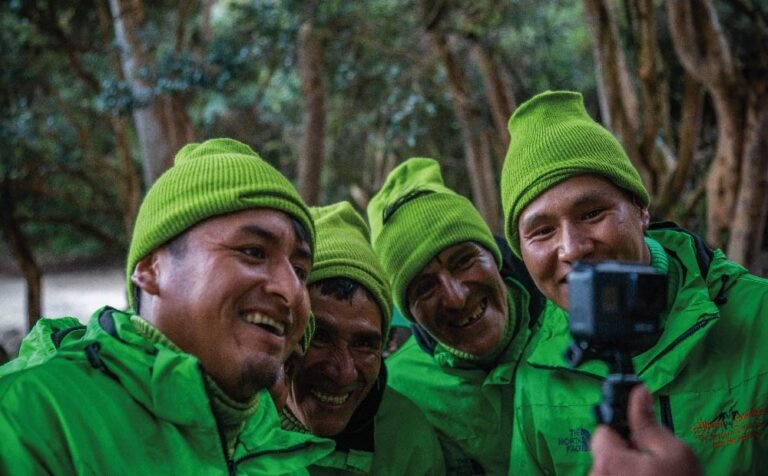
AE súper porters
Our Porters represent the Peruvian people, both men, and women who are at the heart of our...
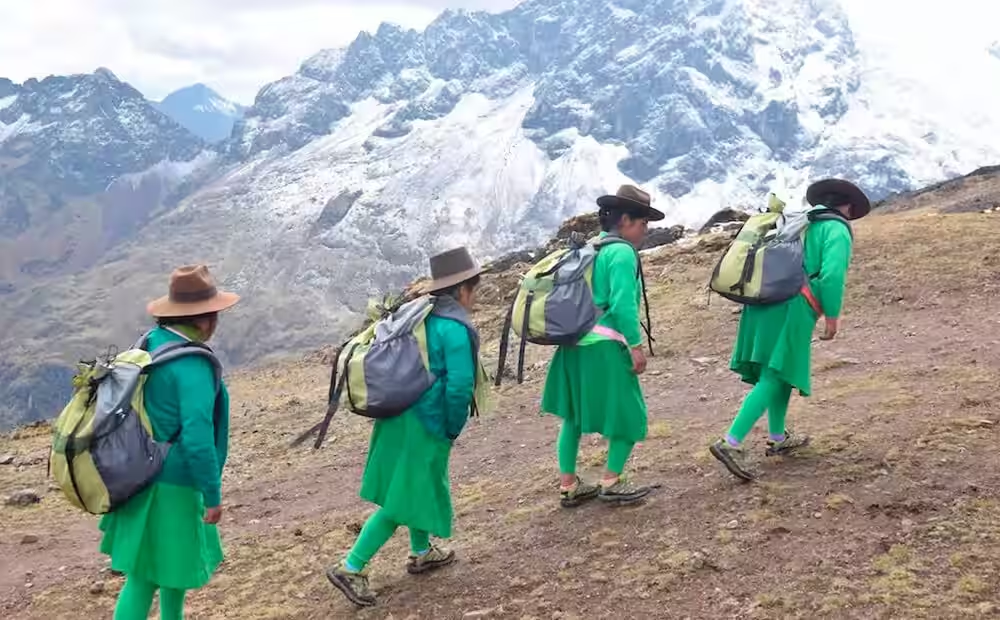
Equality Matters
Alpaca Expeditions aims to promote gender equality and empower women, hiring first Peru Wo...
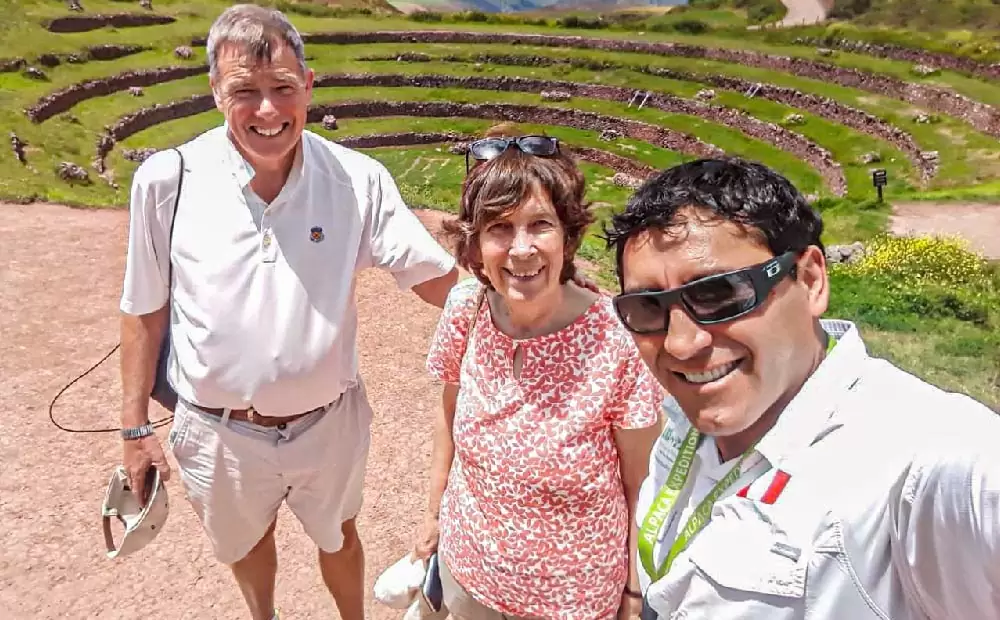
Our Guides
Travelling and trekking along the mountains is one of the best activities in the World. Co...
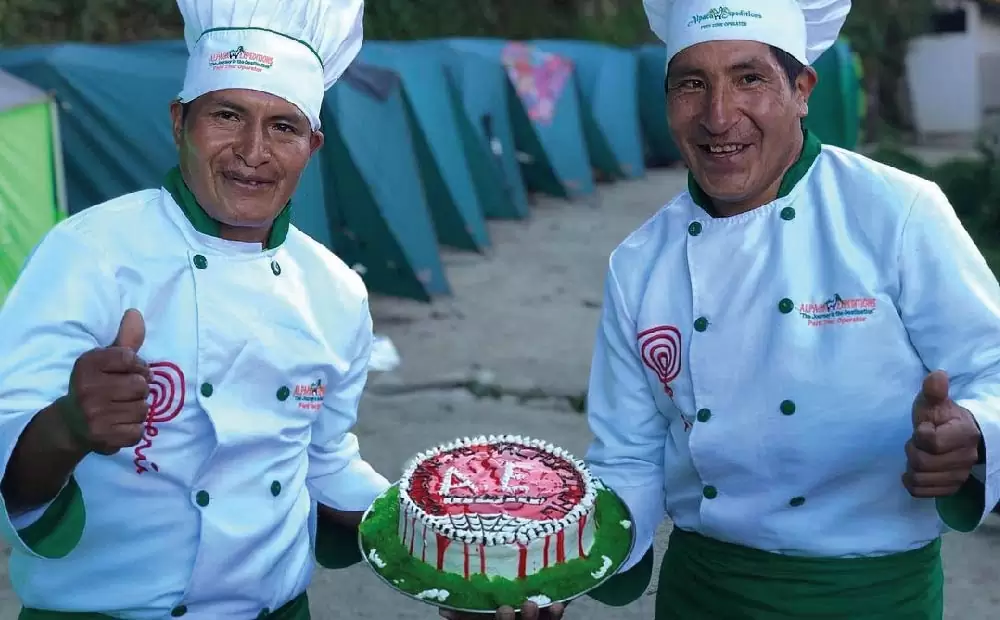
Our Chefs
Trekking along the mountain on your way to conquer Machu Picchu is a once in a lifetime ex...
What do we do for our porters?
Alpaca Expeditions would not be where we are today without these hardworking men and women. We could not imagine a harder job and our team does it smiling. We do our best to thank them for their hard work and loyalty by doing as much as we can to make their lives and their families lives better. All our porters receive all their equipment for free from warm winter hats to proper hiking boots. They sleep in proper tents and are given warm sleeping bags for night. They enjoy the same food we serve our clients and all leftovers are donated to their families. We visit their villages with doctors and dentists, donate school supplies and sports equipment. And our favorite time of the year is when we bring a group of porters and their families to Machu Picchu to visit the ruins for the first time.

AE súper porters
Our Porters represent the Peruvian people, both men, and women who are at the heart of our company. It is not possible to ...

Equality Matters
Alpaca Expeditions aims to promote gender equality and empower women, hiring first Peru Women as Porters opening the door ...
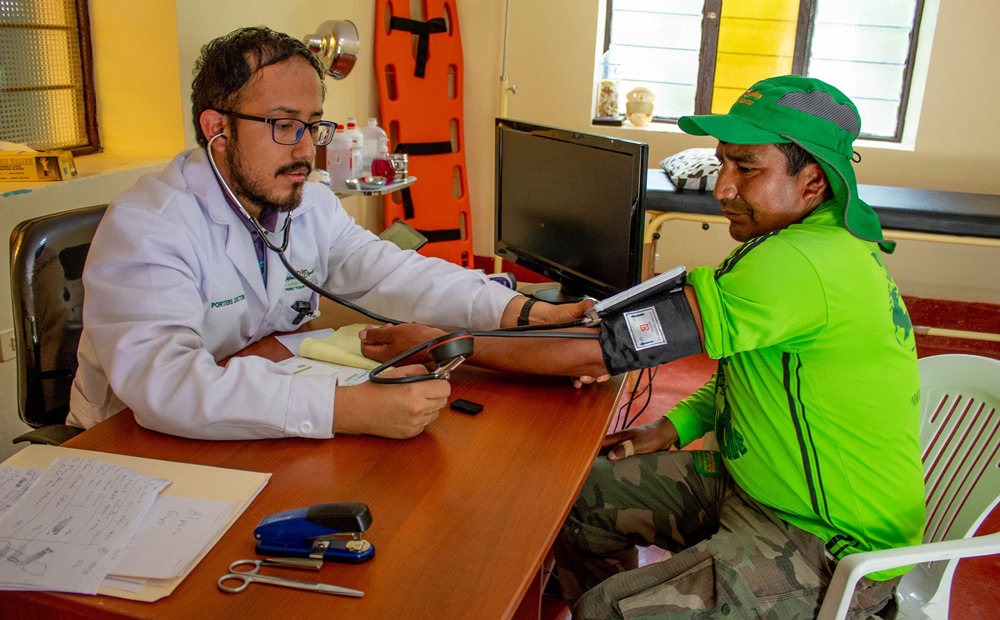
Free Medical Assistance to Porters
In 2019, we hired our first Alpaca Expeditions Medical Doctor to help tend to our guides, drivers, chefs…
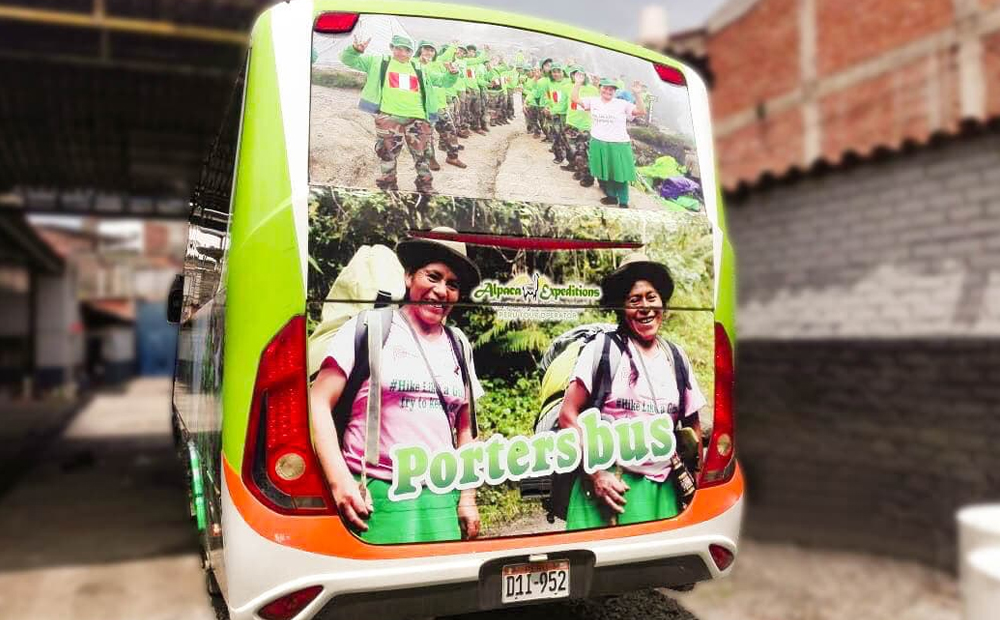
Our Porter’s bus
We treat our porters with the same dignity and respect as we do our clients. Just as our clients enjoy our…
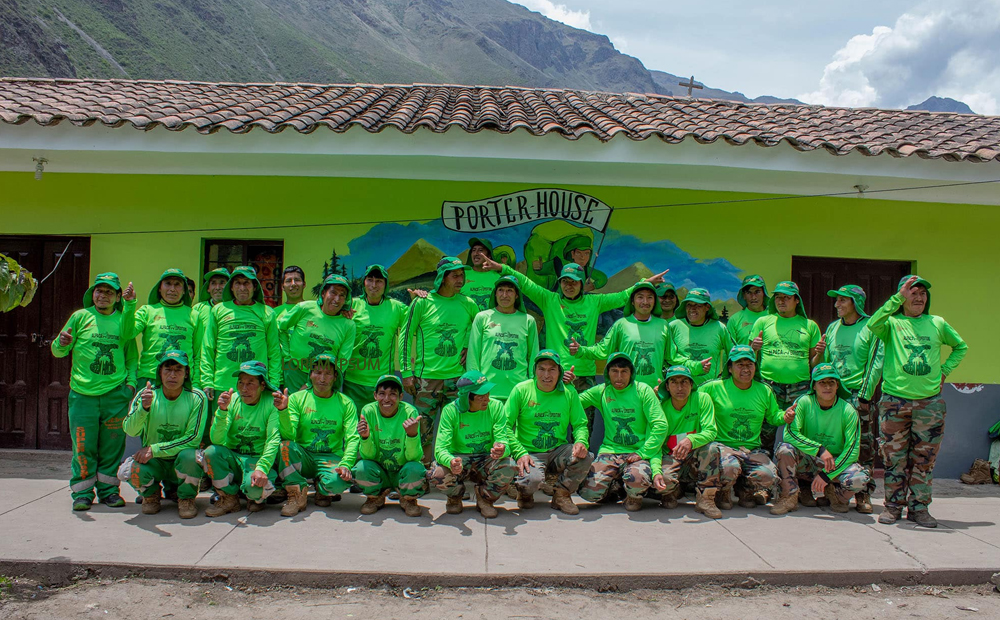
Our Porter’s House
As we mentioned above, our Porters like many Peruvian people come from distant villages to work our treks…
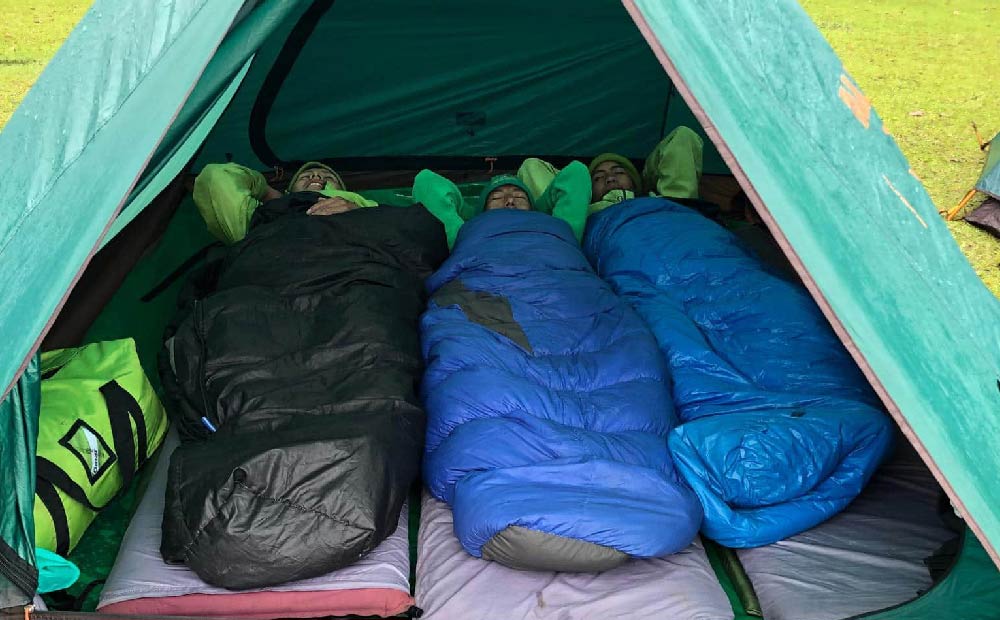
Tents and Sleeping bags
Again, this is something unique that Alpaca Expeditions provides, and sad others are not doing. We supply…
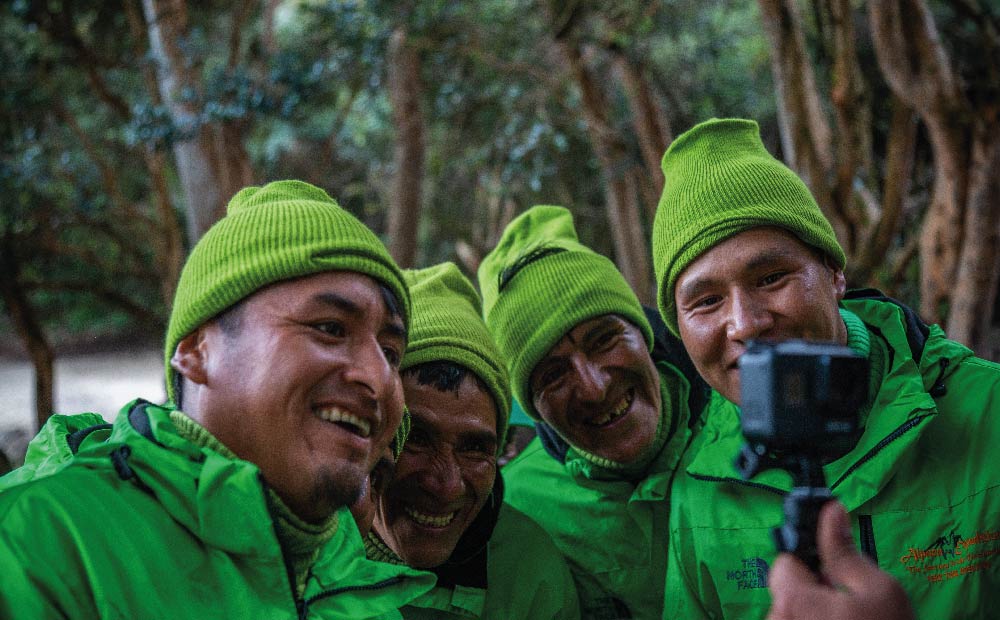
Proper Equipment for our Porters
Every porter of ours receives proper equipment. That includes moisture-wicking long/short sleeve shirts…
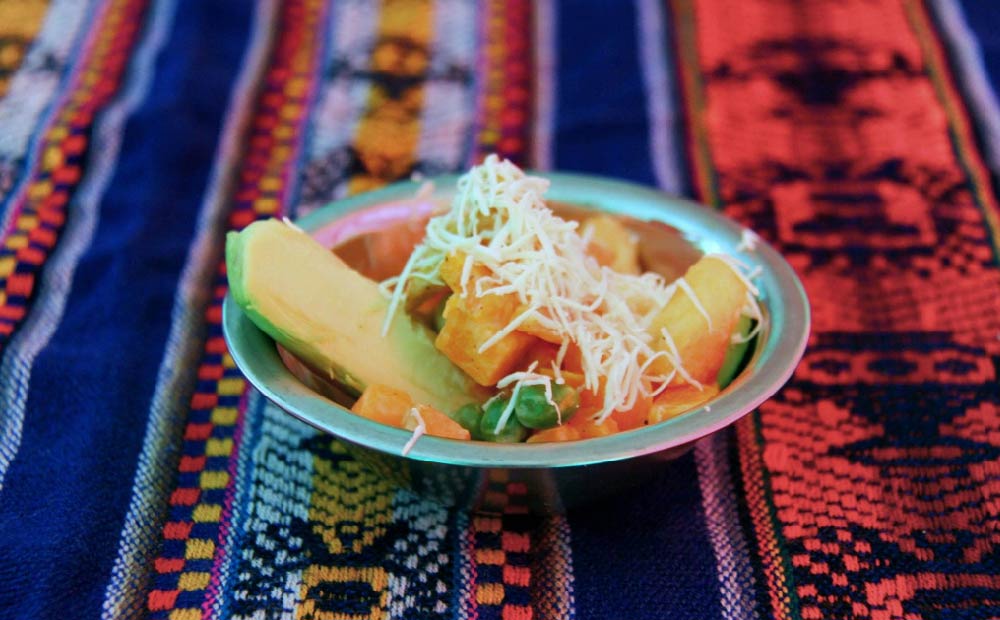
Nutritious Meals for our Porters
A general comment from trekkers on an Alpaca Expeditions tour is that we serve too much food. Well…
Videos of our Porters
Extra information
Alpaca Expeditions is always ready to make your trip safe and as easy as possible for you. Because these trips are a bit more complicated than your typical tour, we have put together some notes on logistics, storage, and even recommendations on where to stay in Cusco. And of course our team is ready to answer any other question, as we promise to be your partner from the moment you first contact us to our last goodbye in Cusco.
Alpaca Expeditions Recognitions
ISO (International Organization for Standardization)
In the pursuit to stand out from the rest, Alpaca Expeditions has obtained four ISOs plus our carbon footprint certificate to date. These achievements result from our efforts to implement the internationally-recognized integrated management system. They also represent our commitment to all of our clients and staff of operating sustainability and responsibility in every way possible.
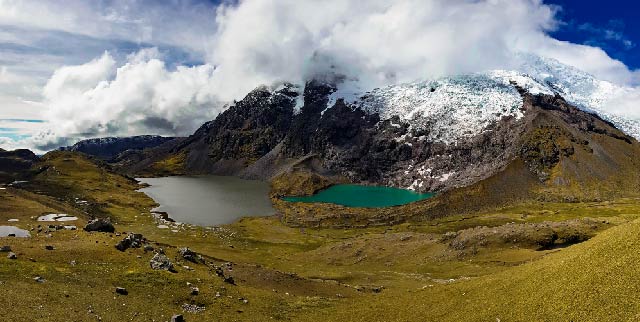
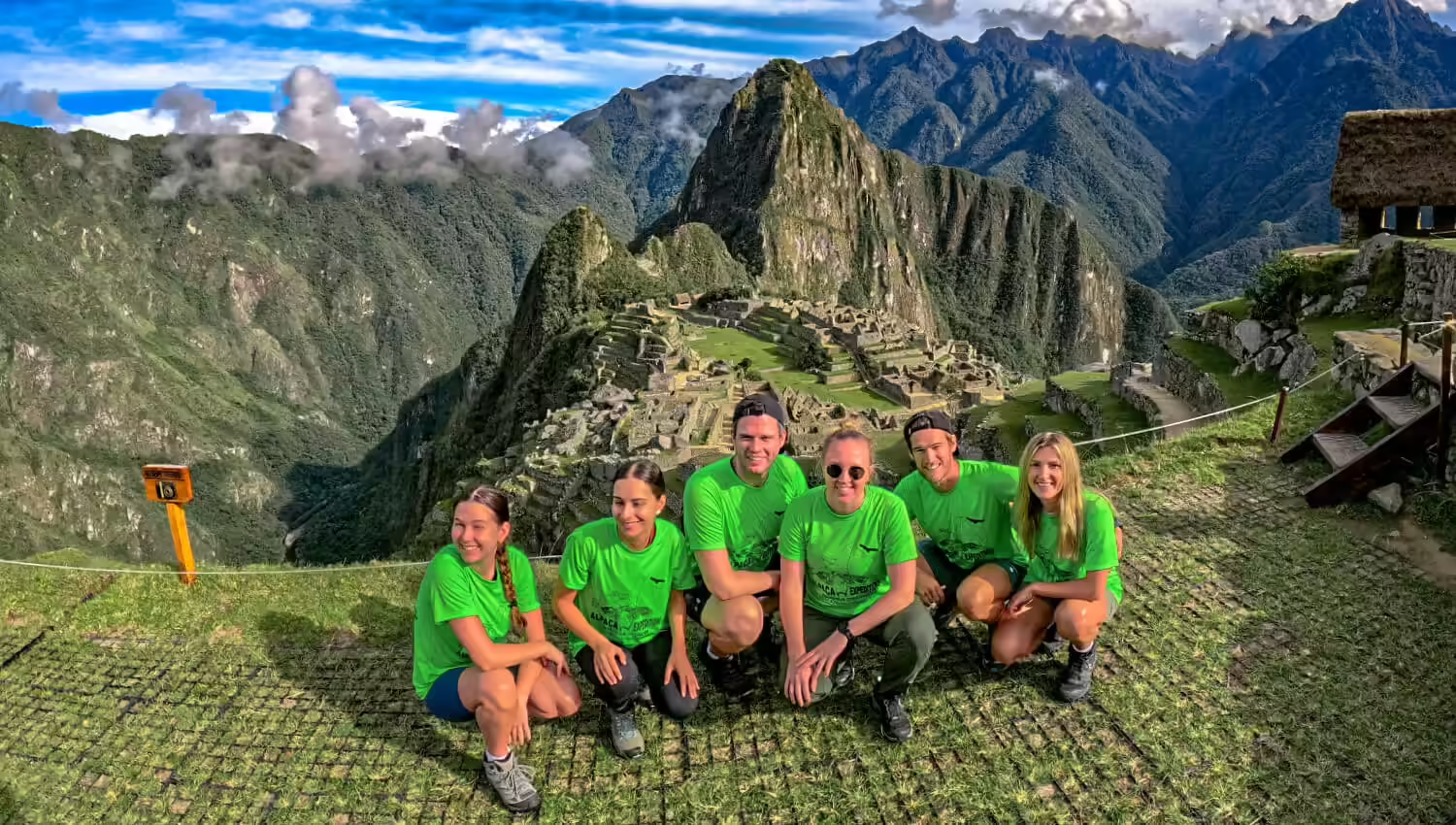

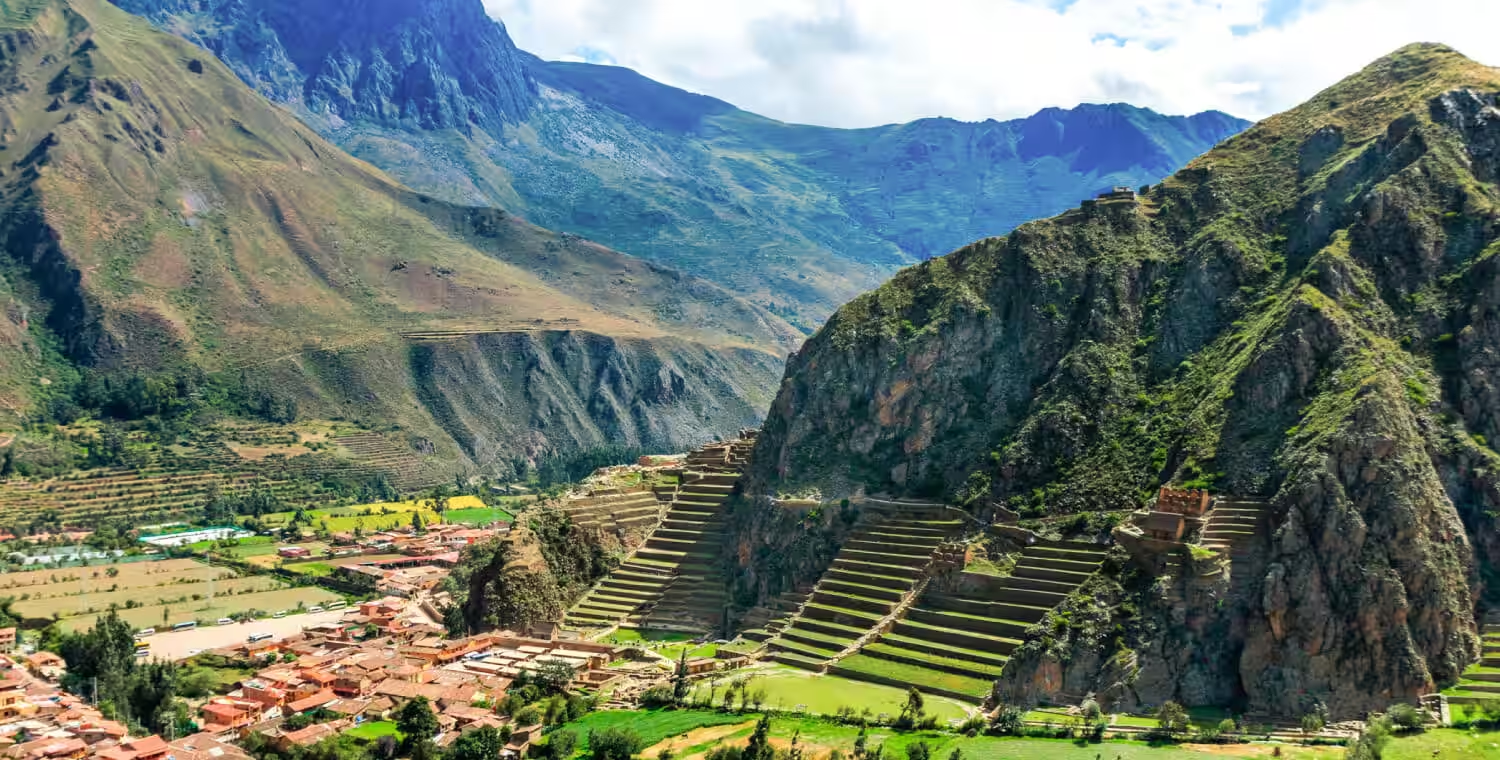
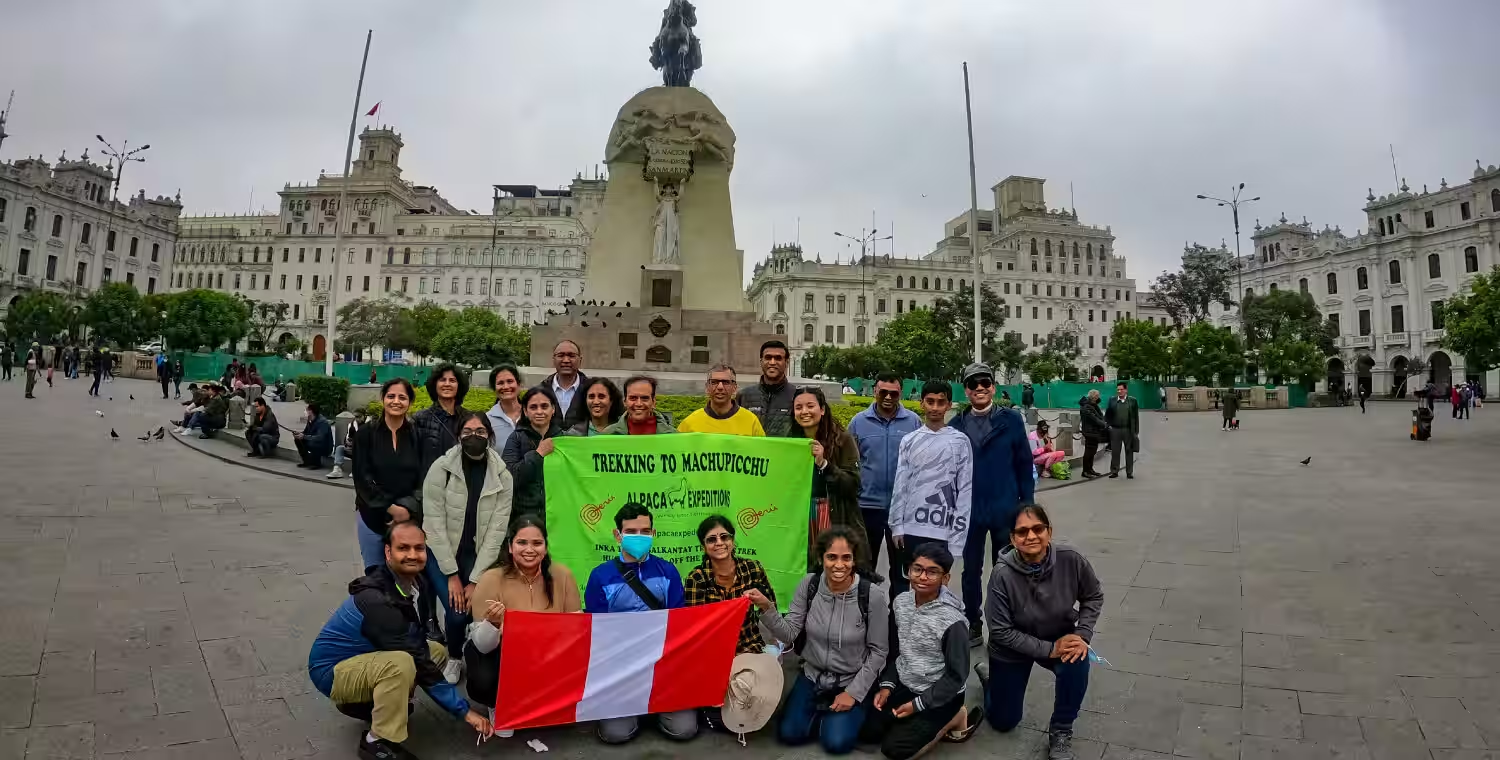
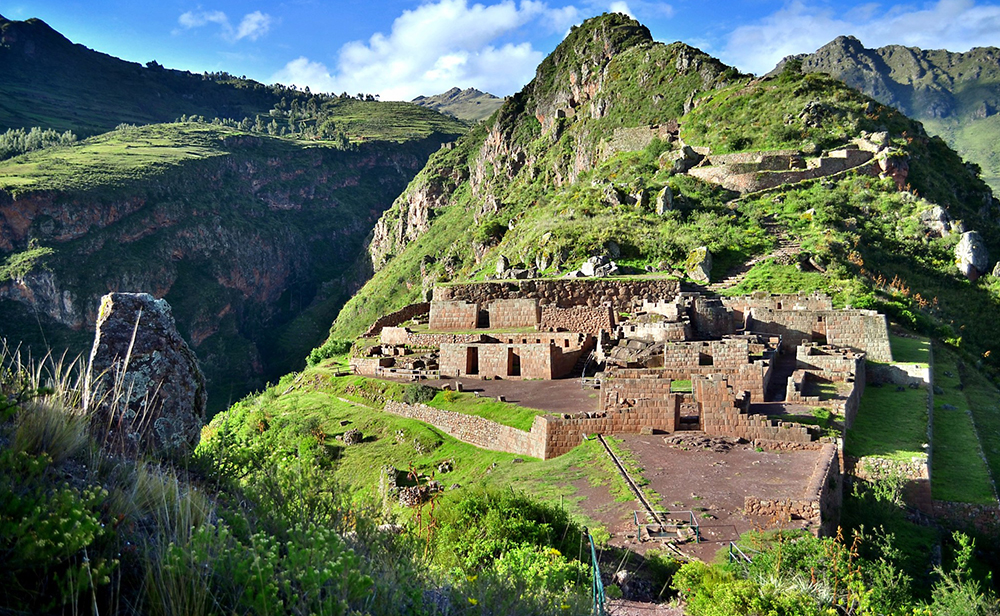
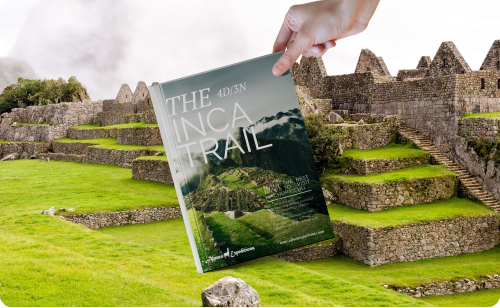
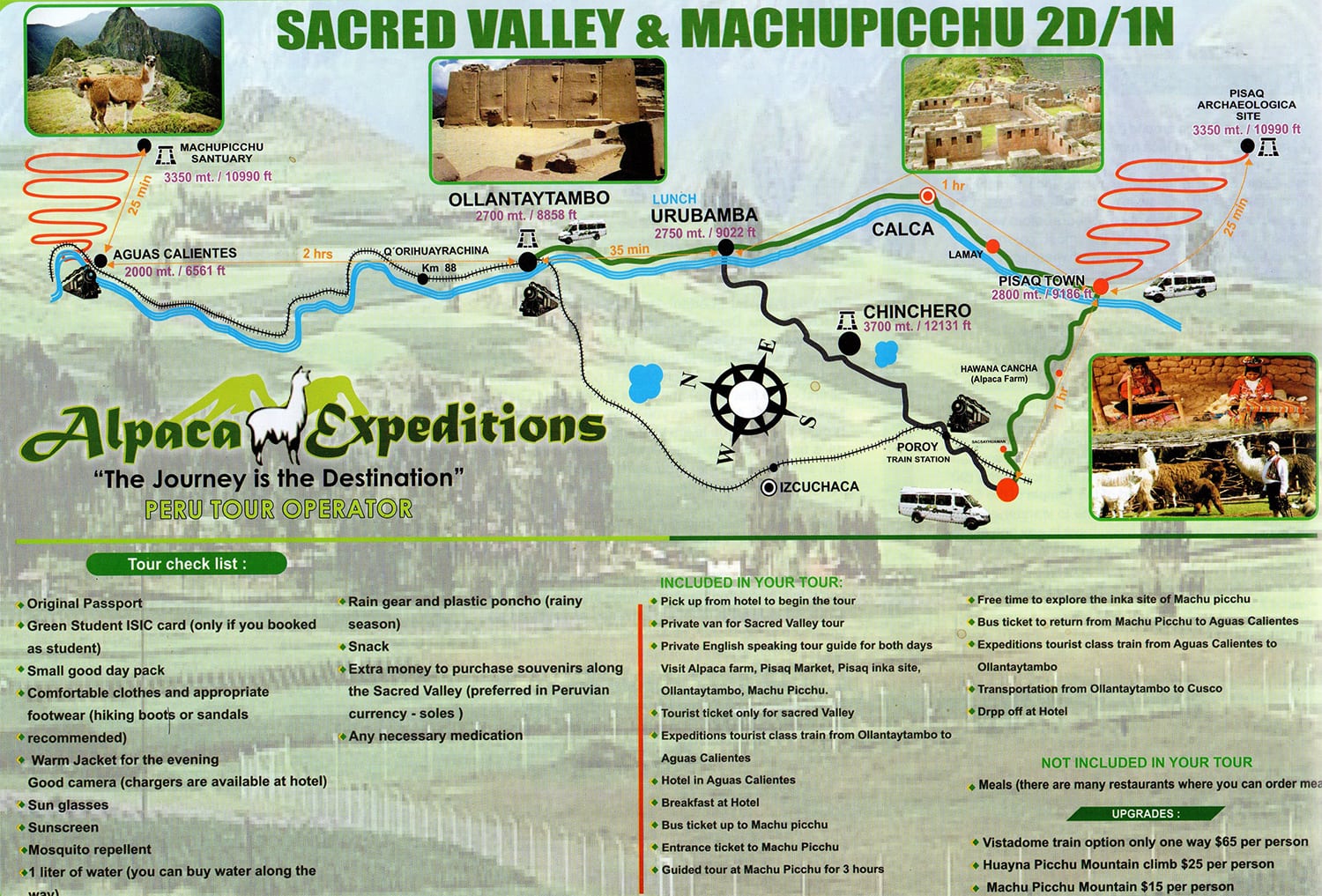
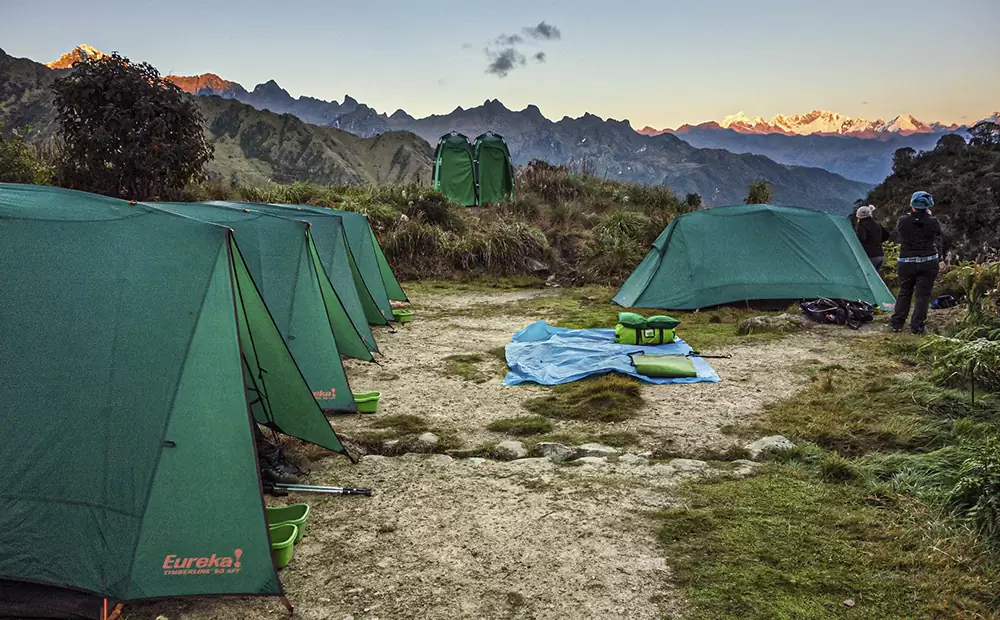
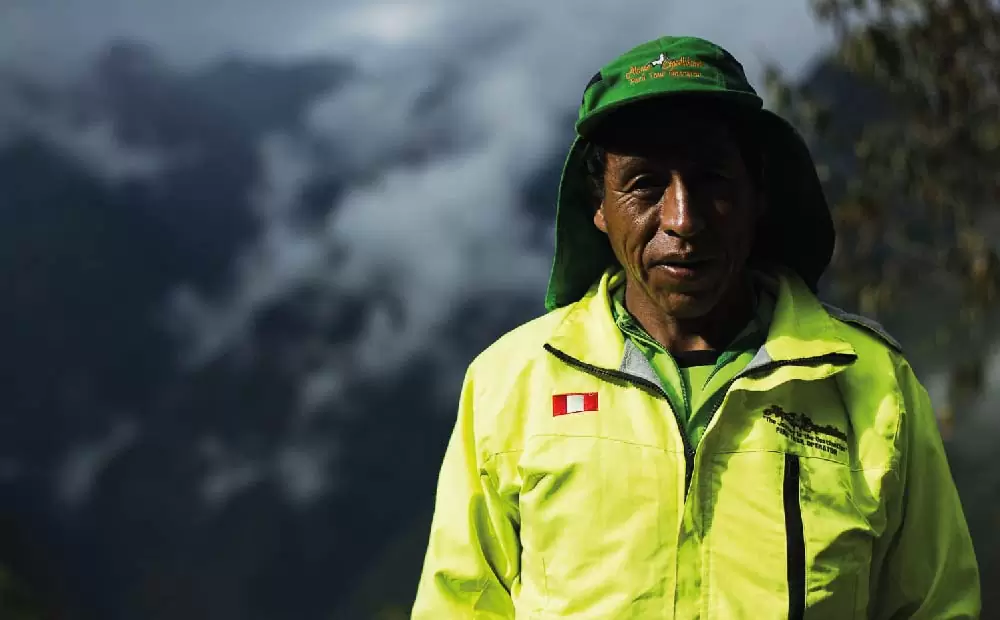
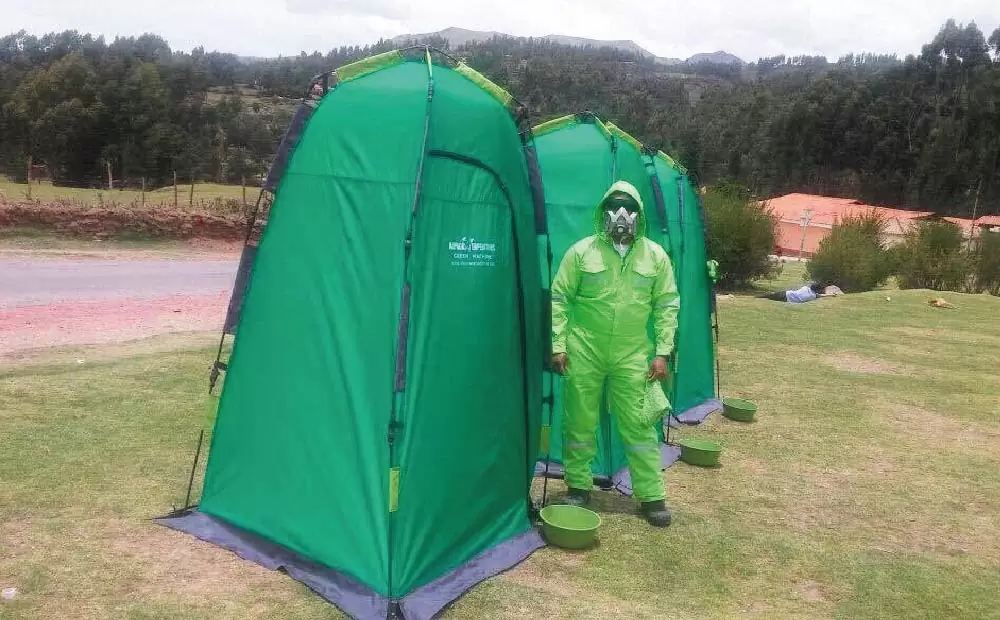
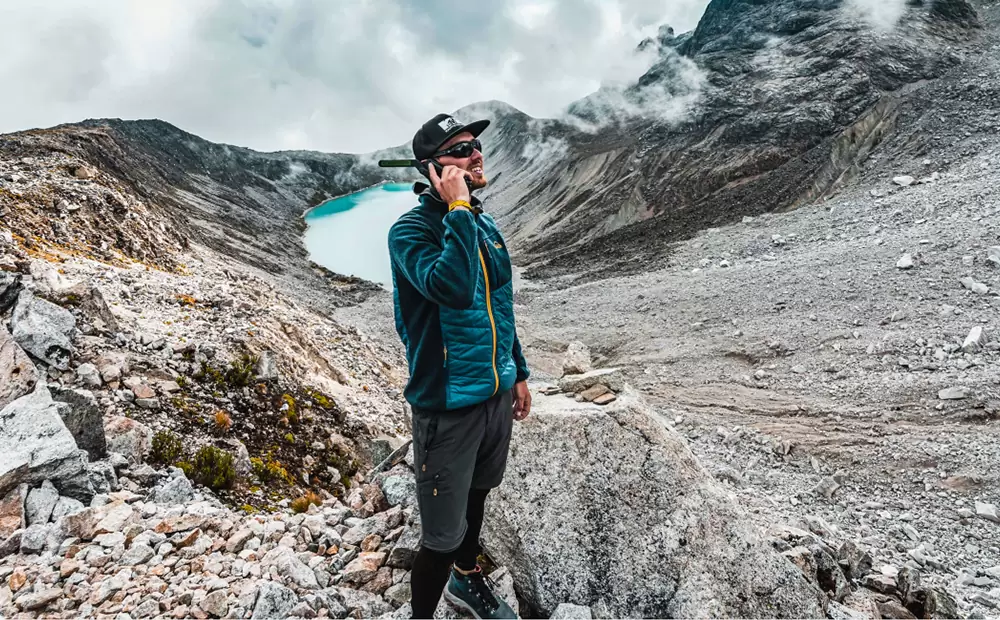
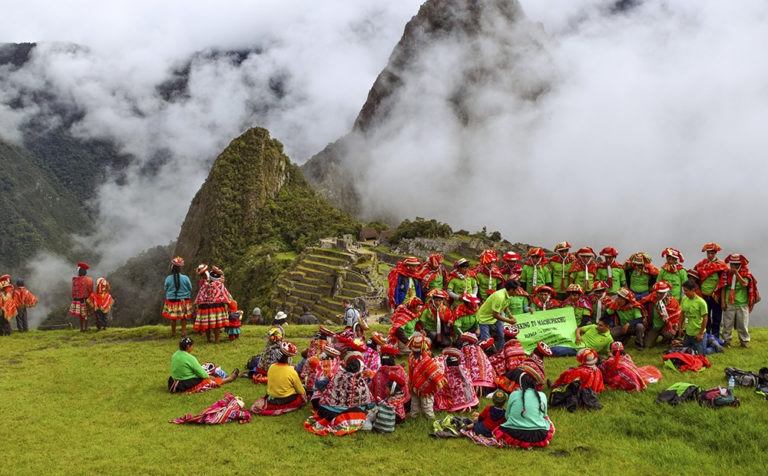
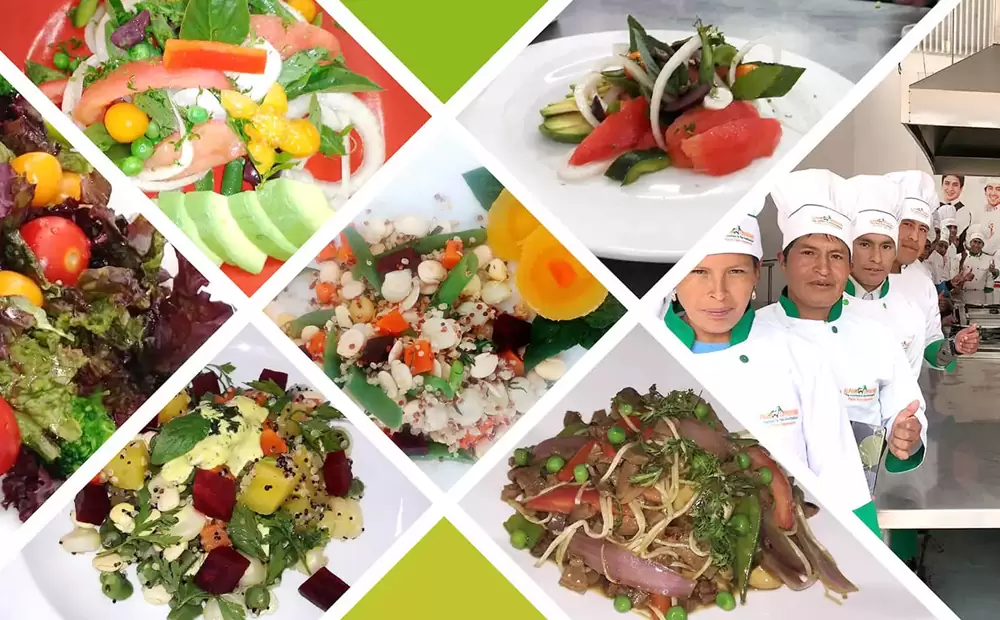
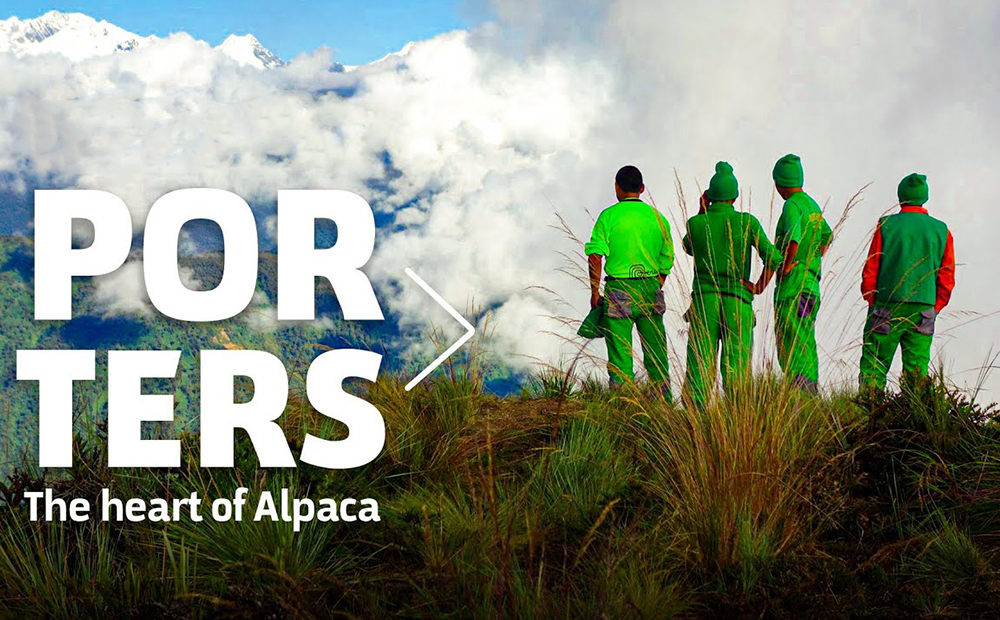
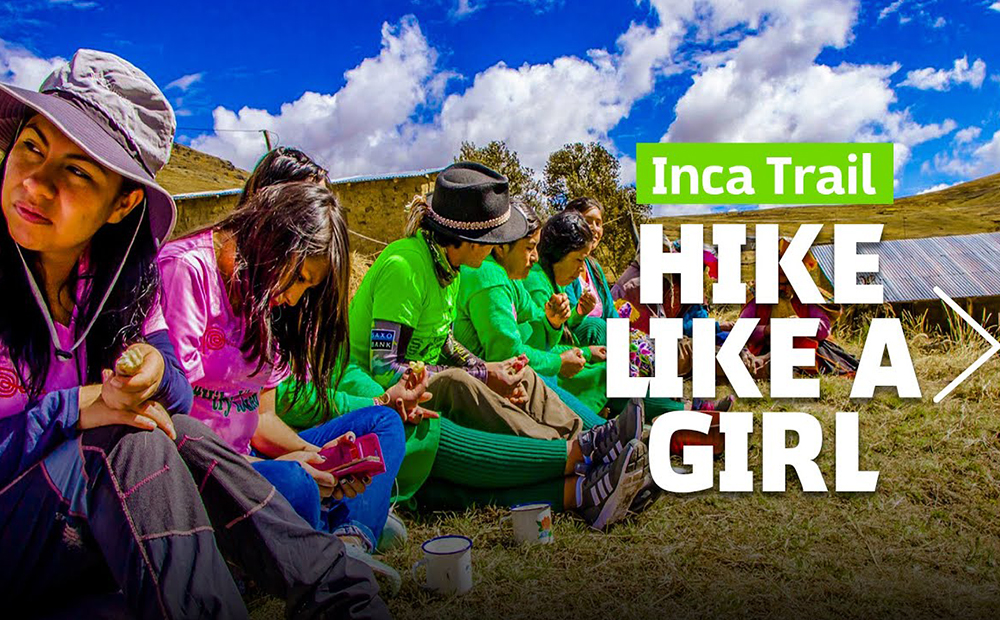
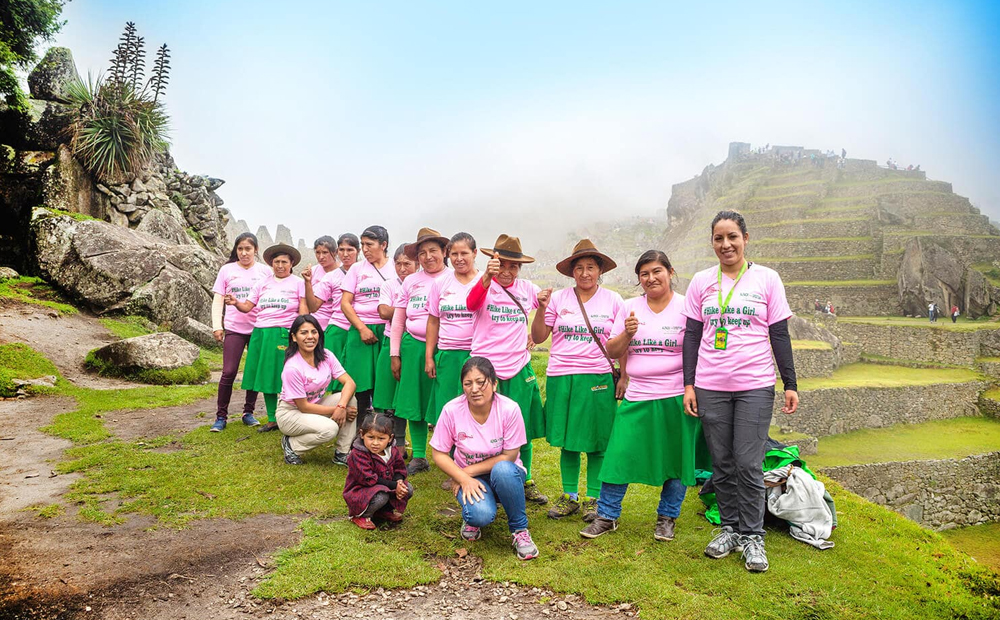
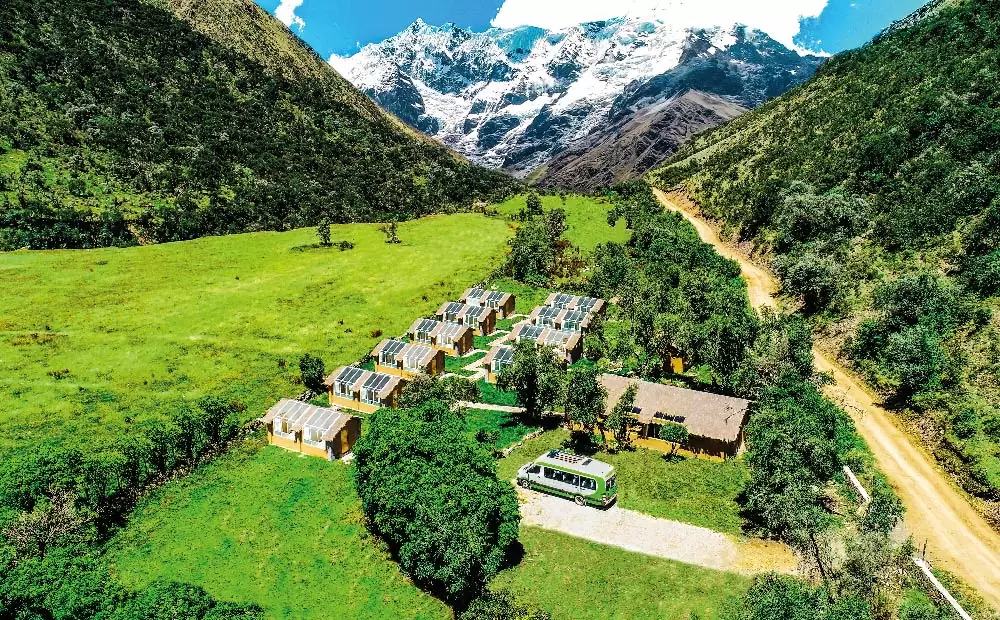
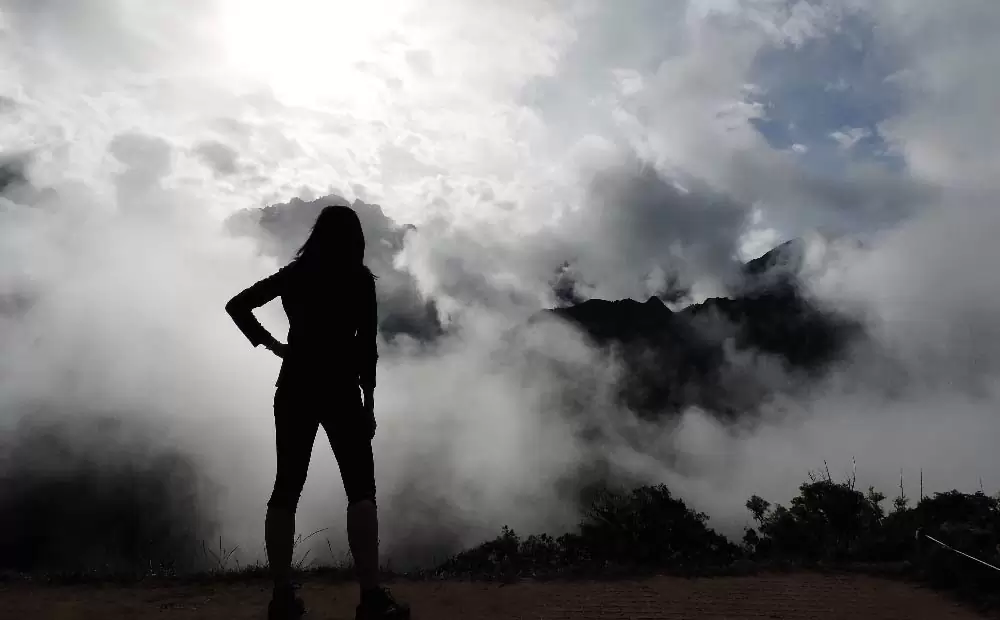
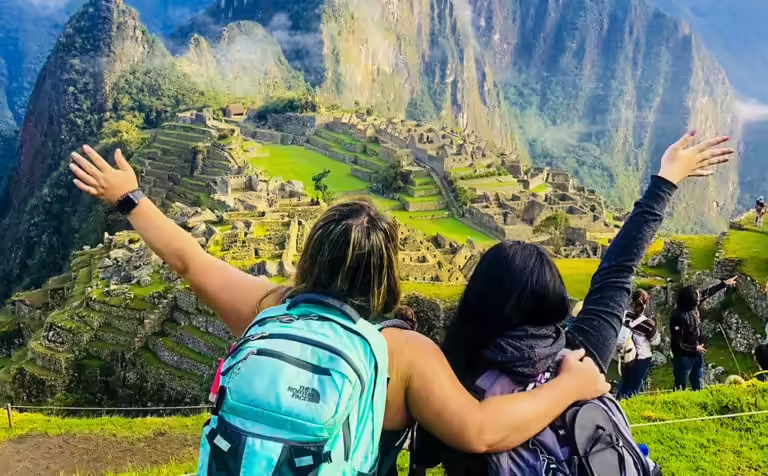
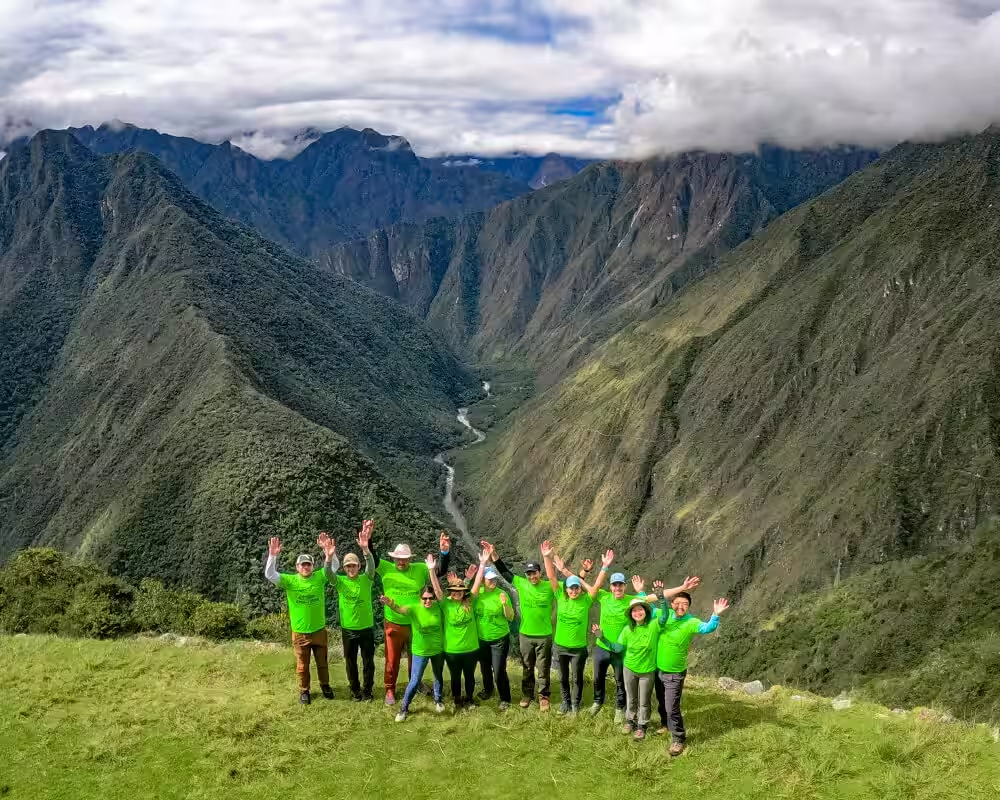
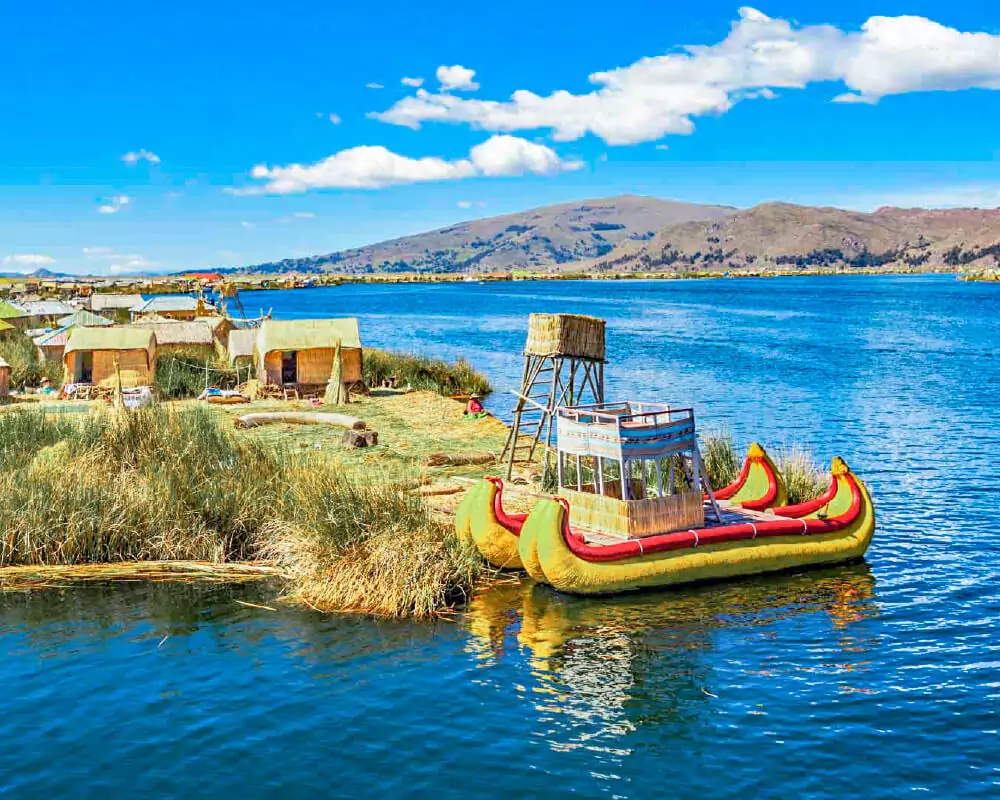
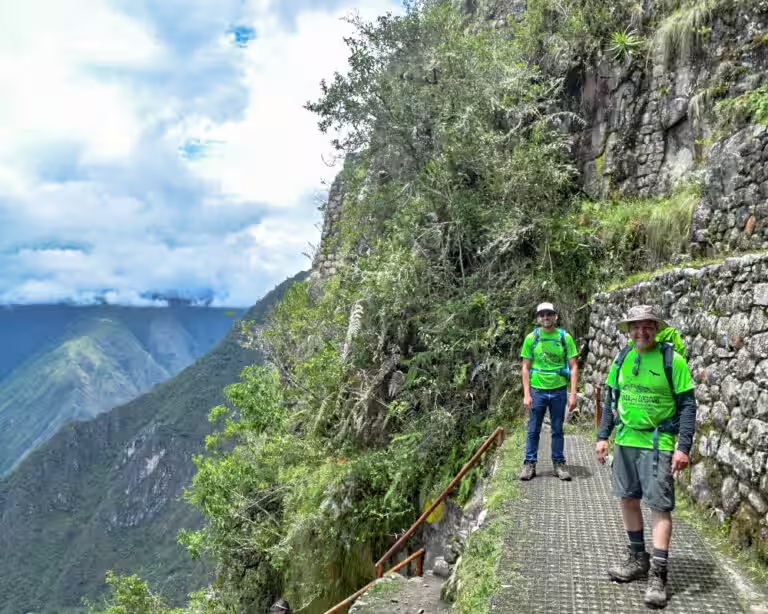
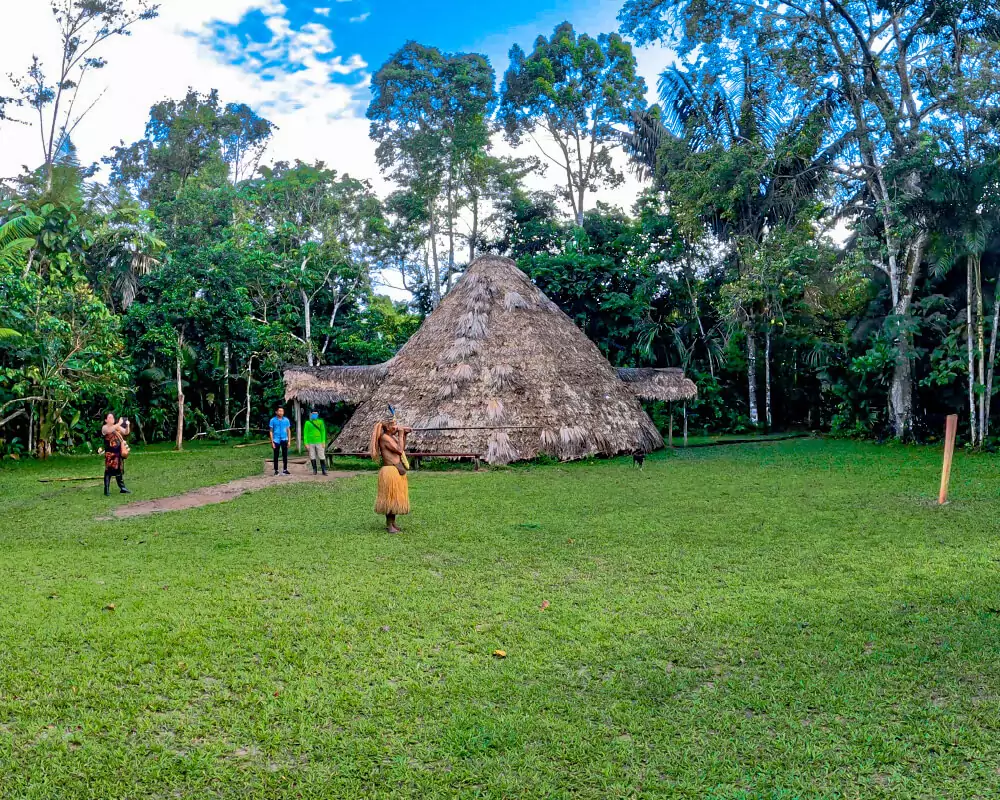
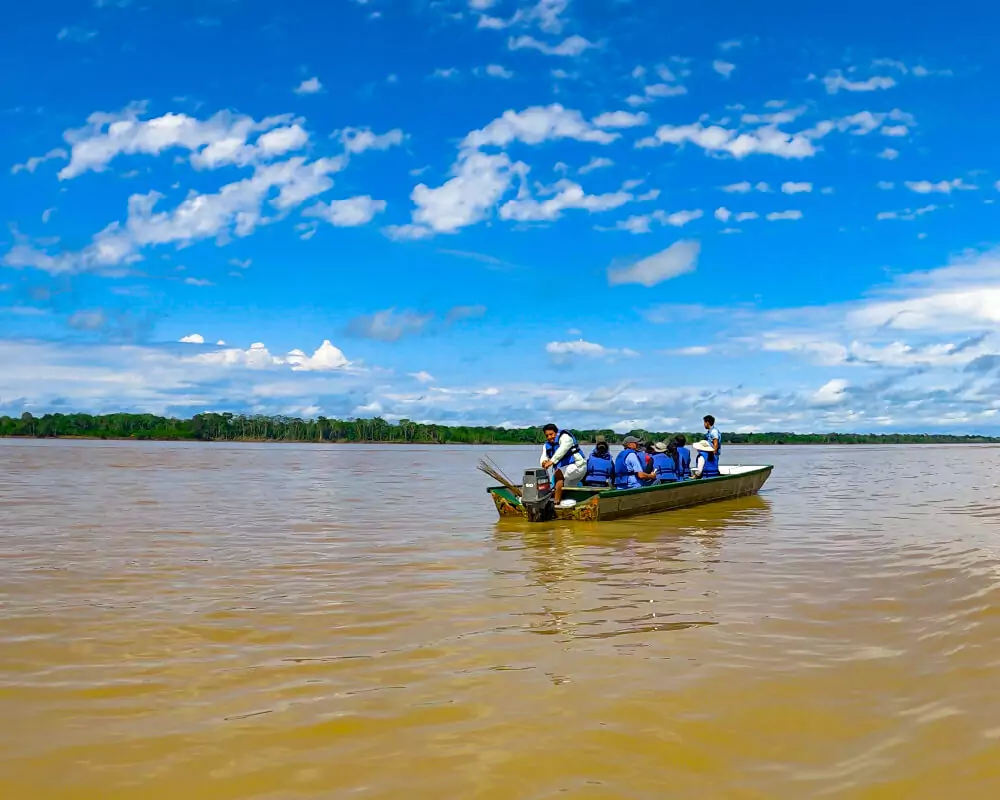
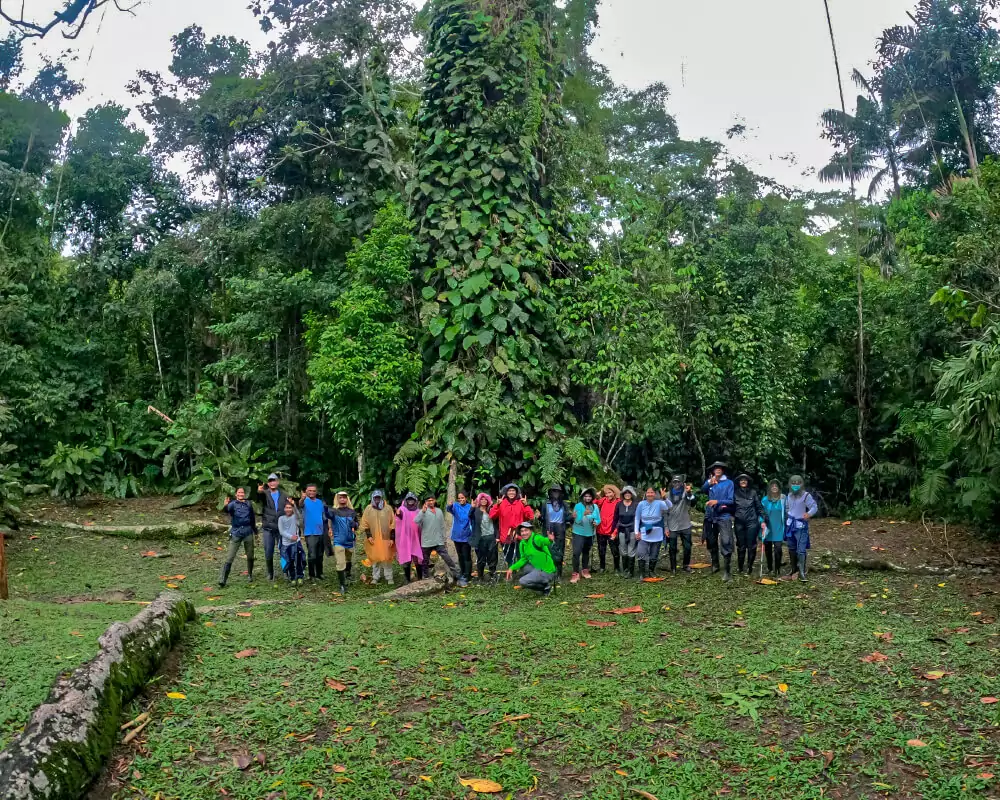
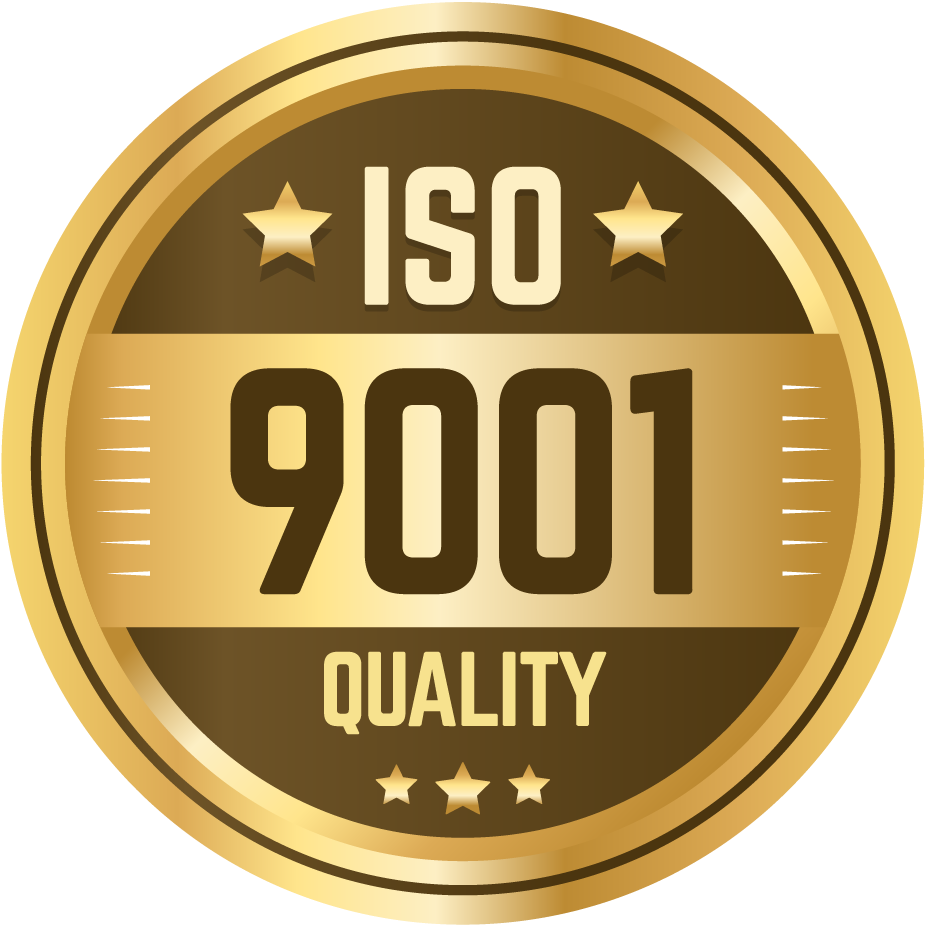
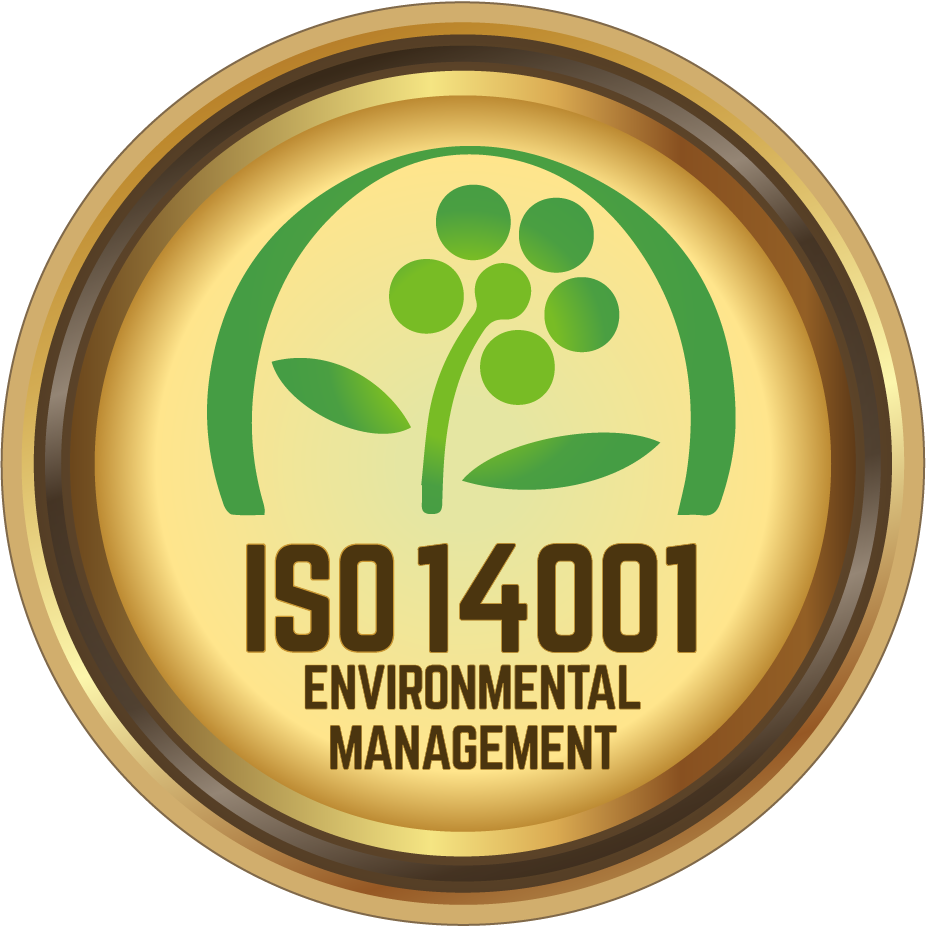
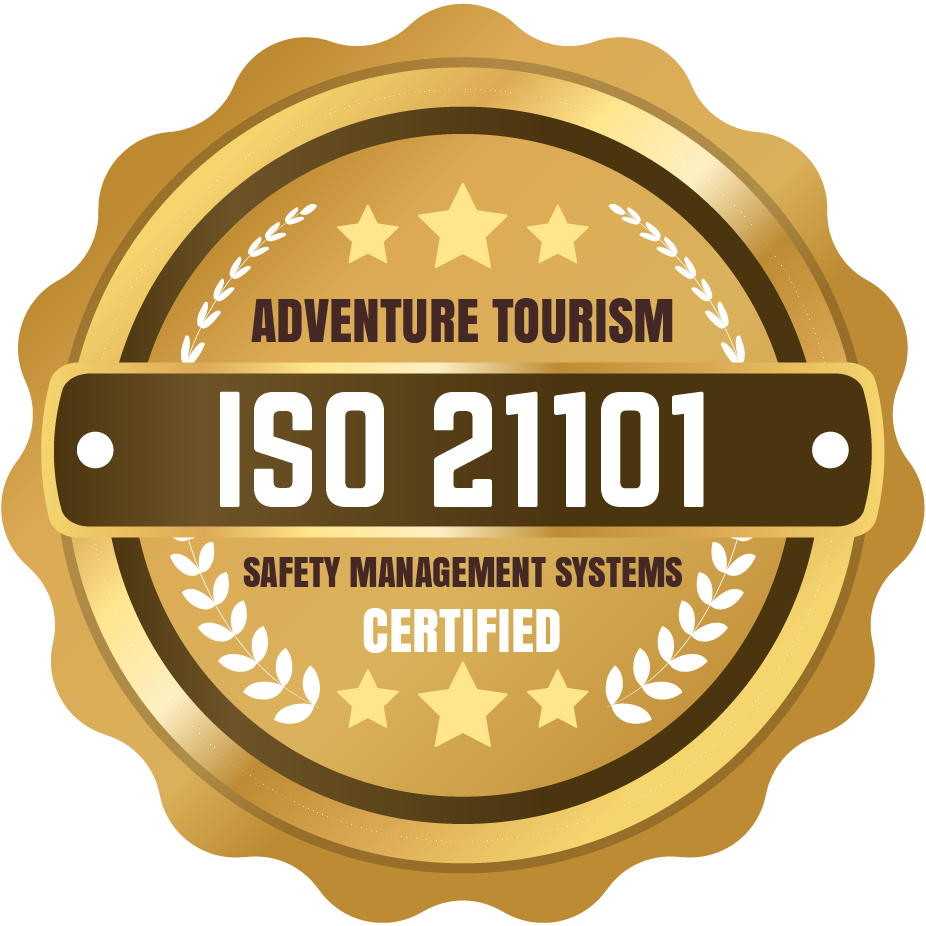
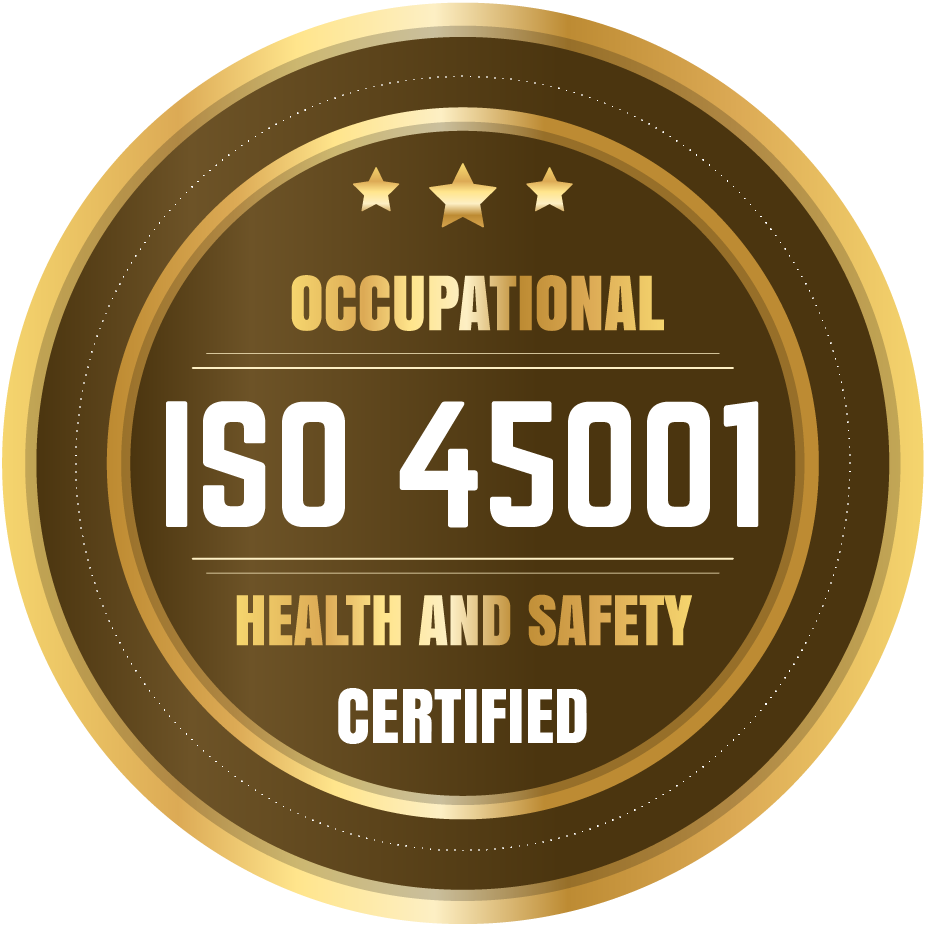
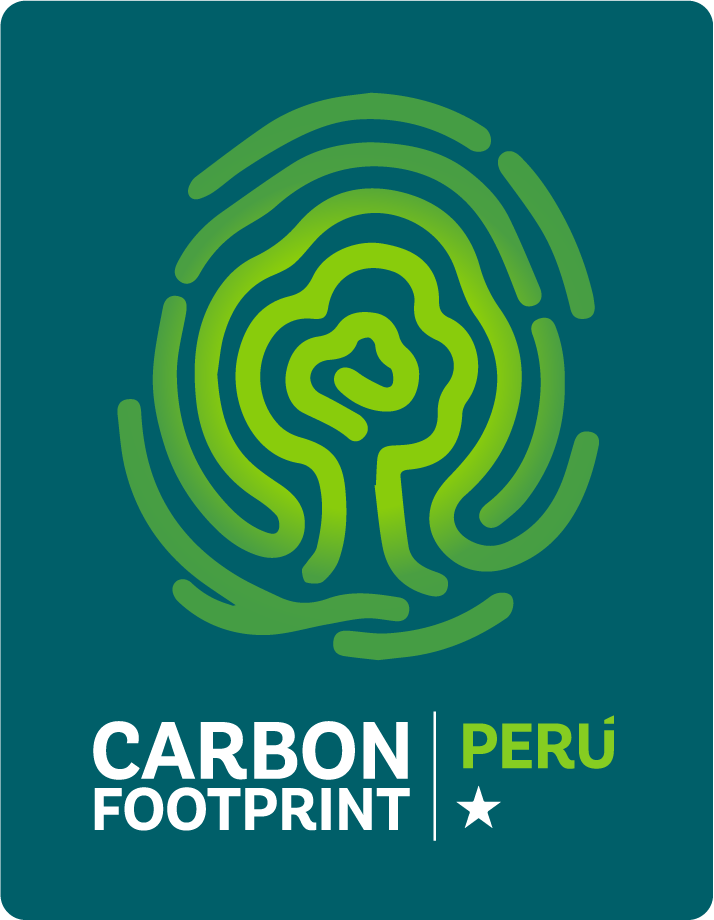


























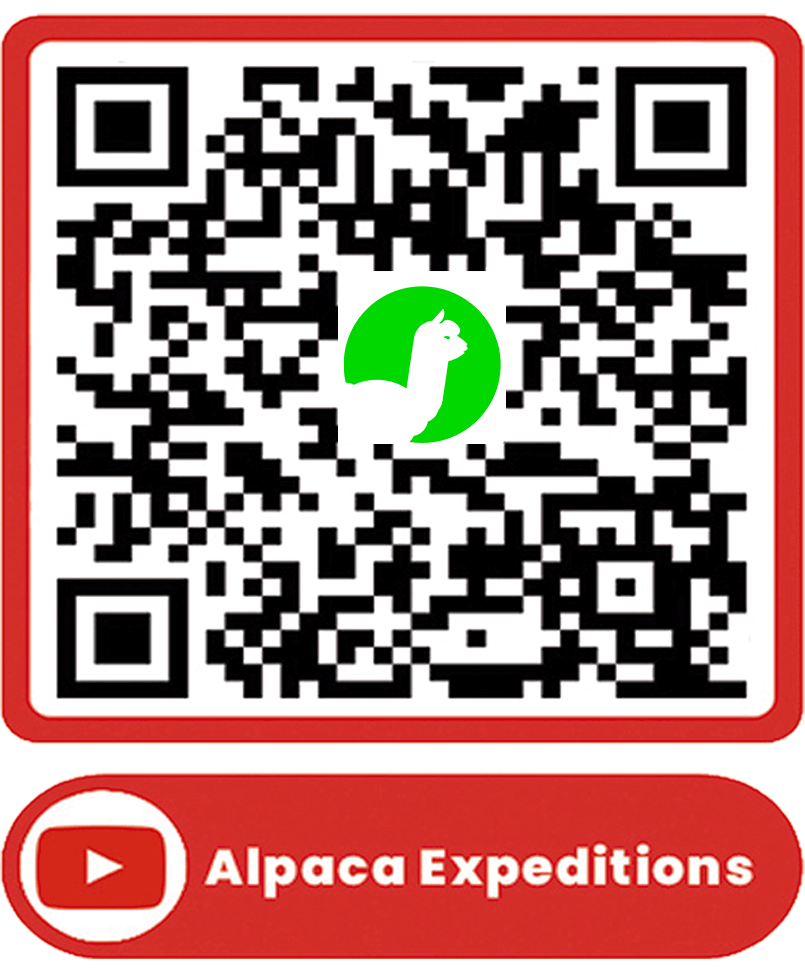

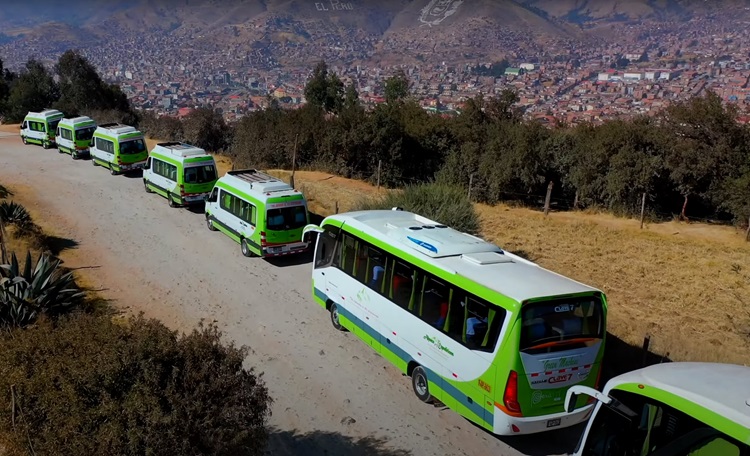
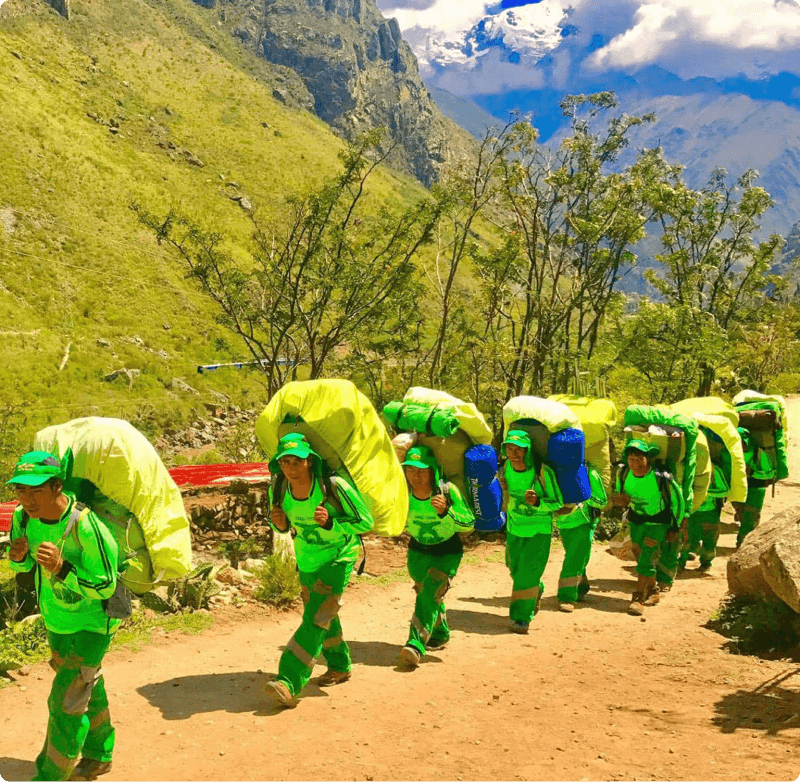 Porters will carry up to 7 kg of your personal items, which must include your sleeping bag and air mat (if you bring or rent one). From us, these two items weigh a combined total of 3.5 kg.
Porters will carry up to 7 kg of your personal items, which must include your sleeping bag and air mat (if you bring or rent one). From us, these two items weigh a combined total of 3.5 kg.